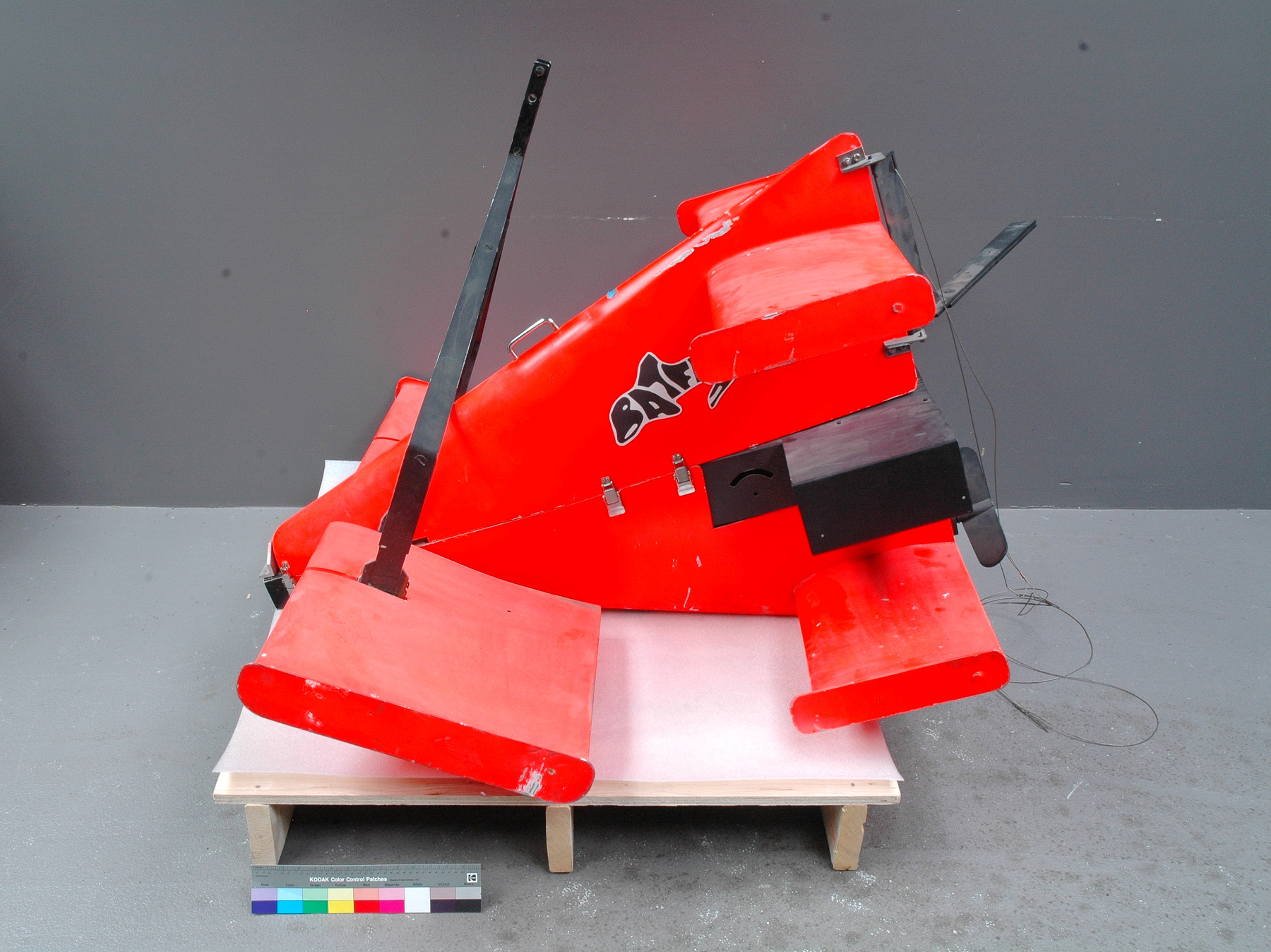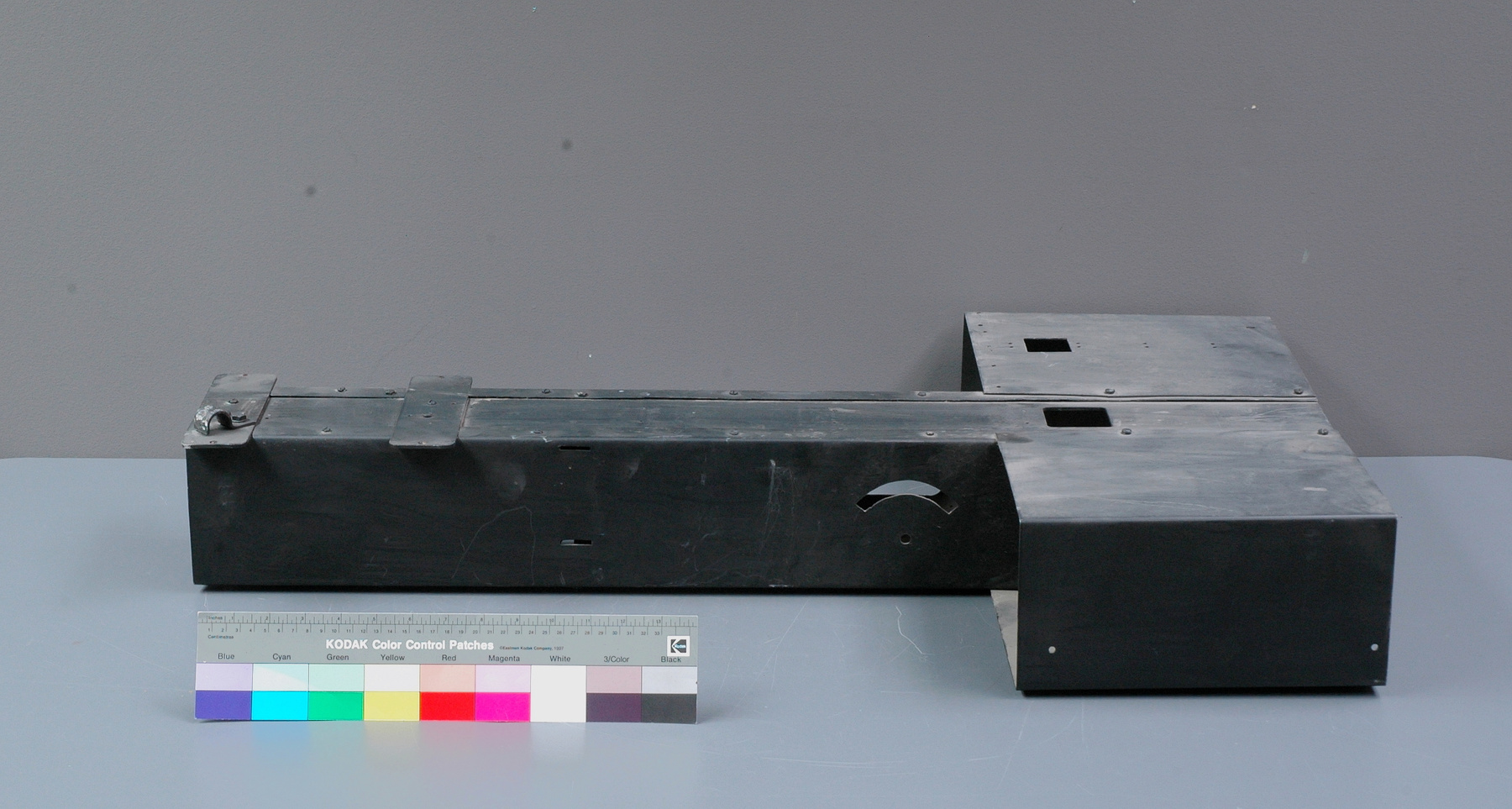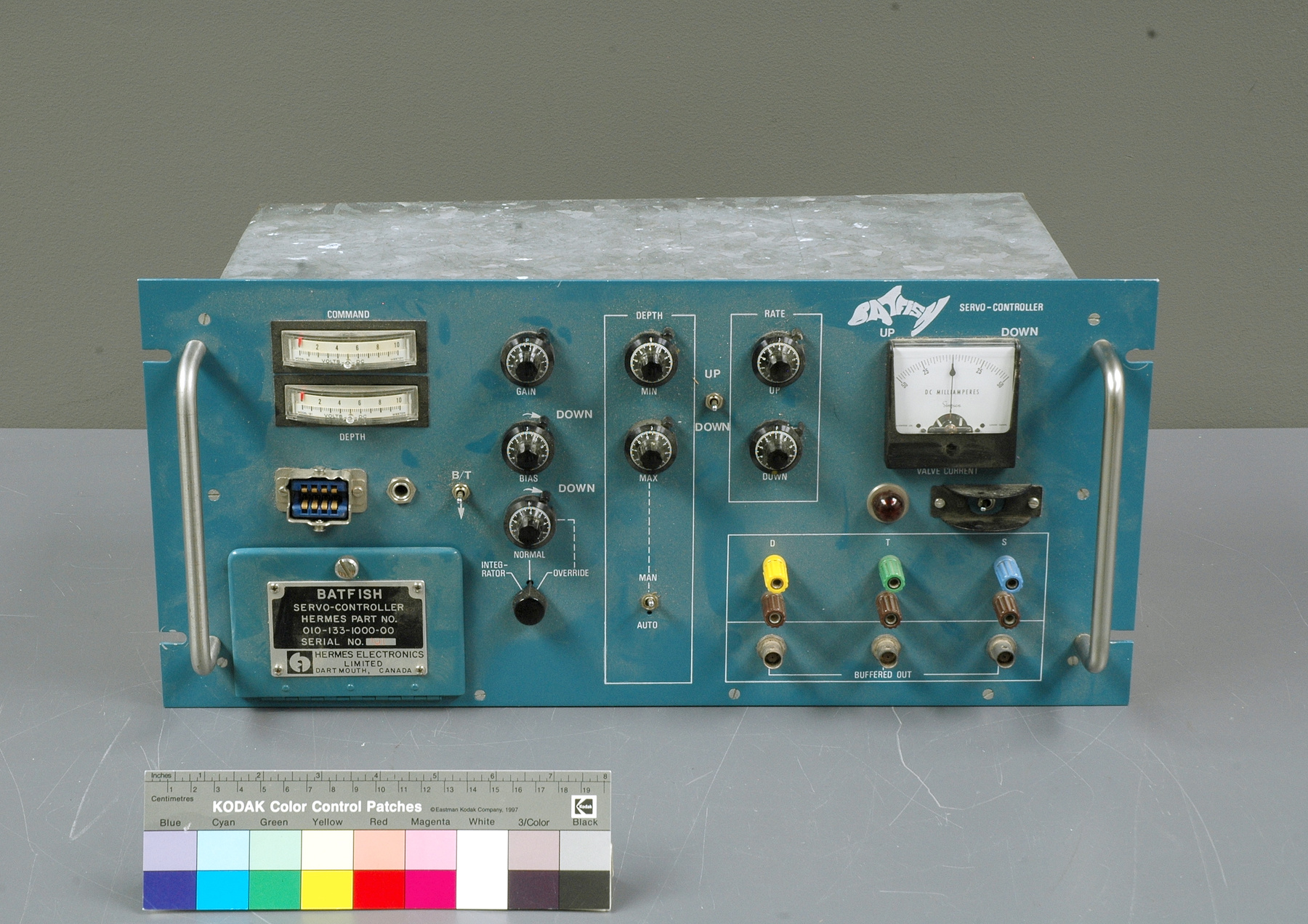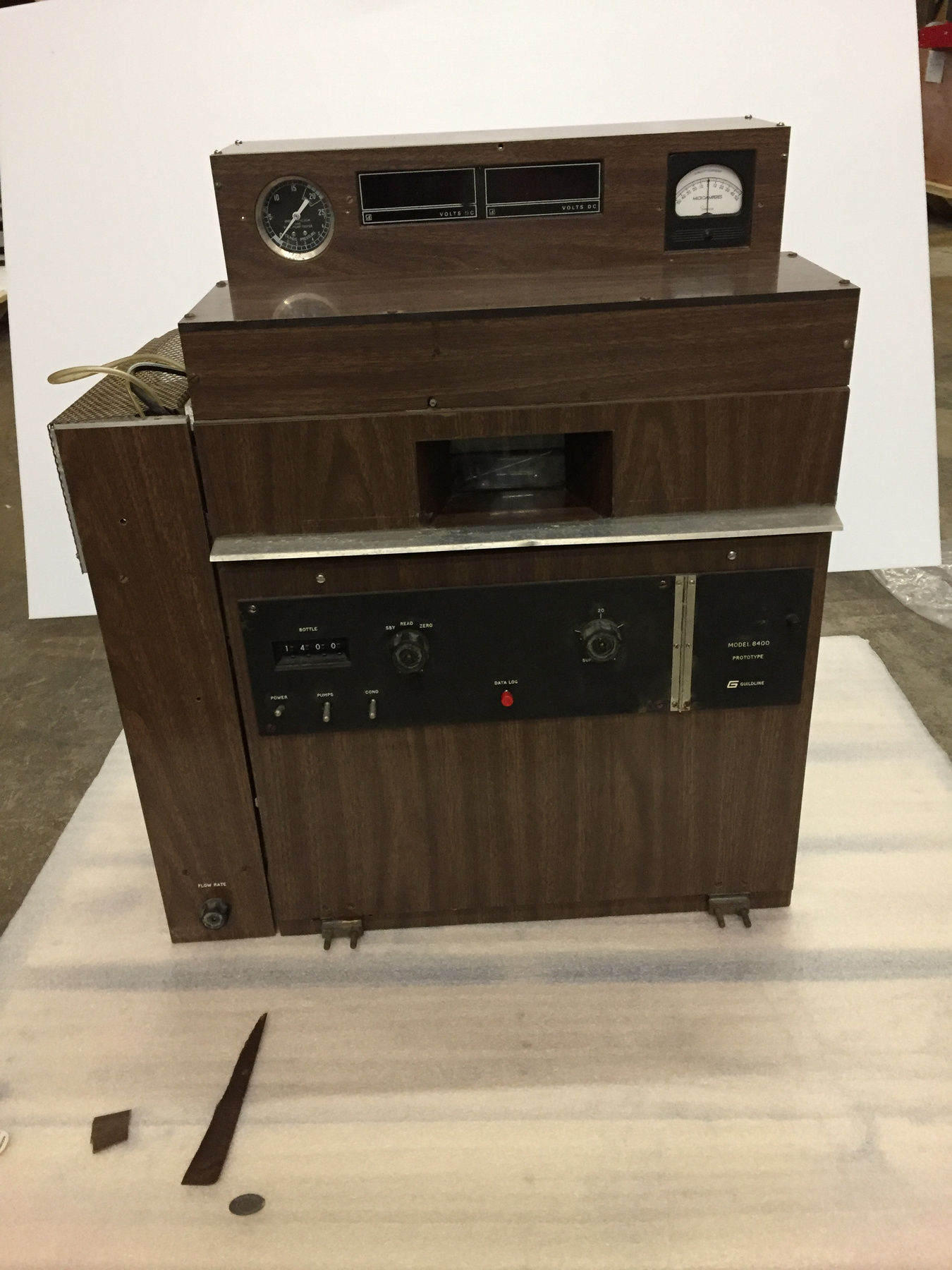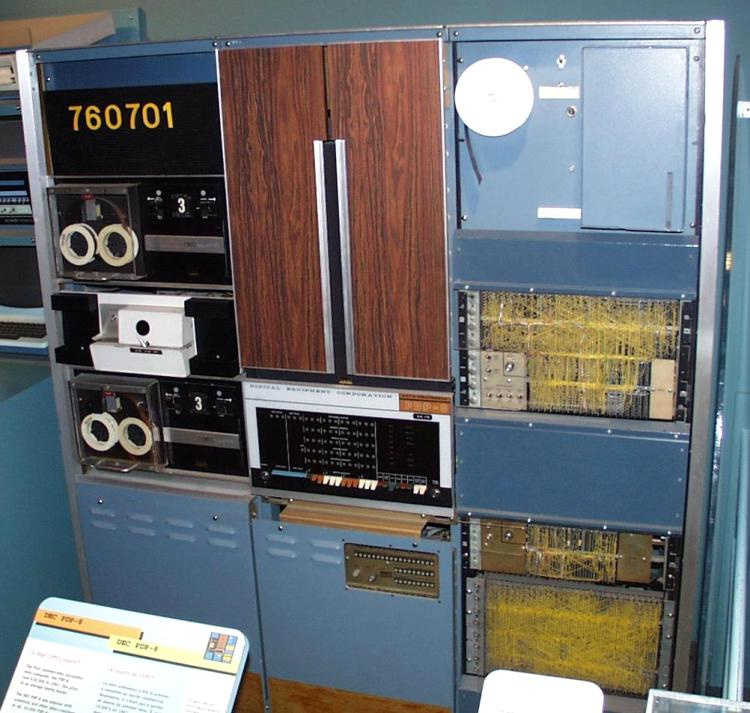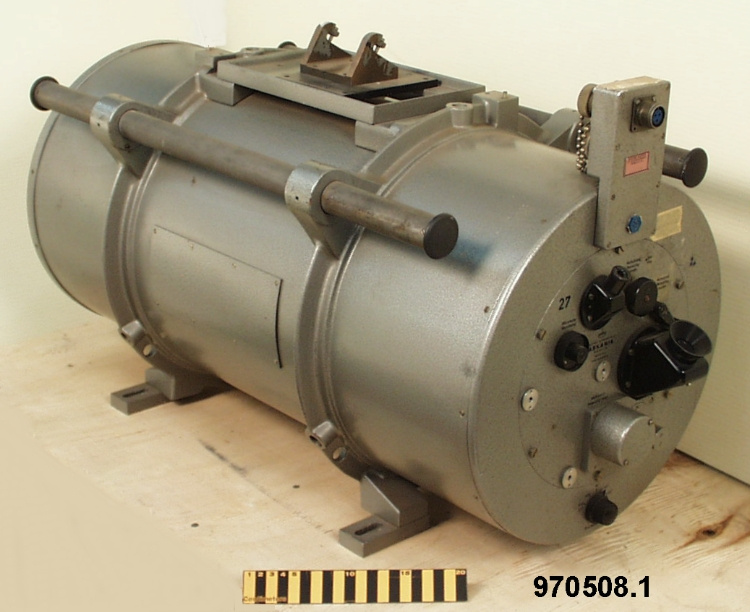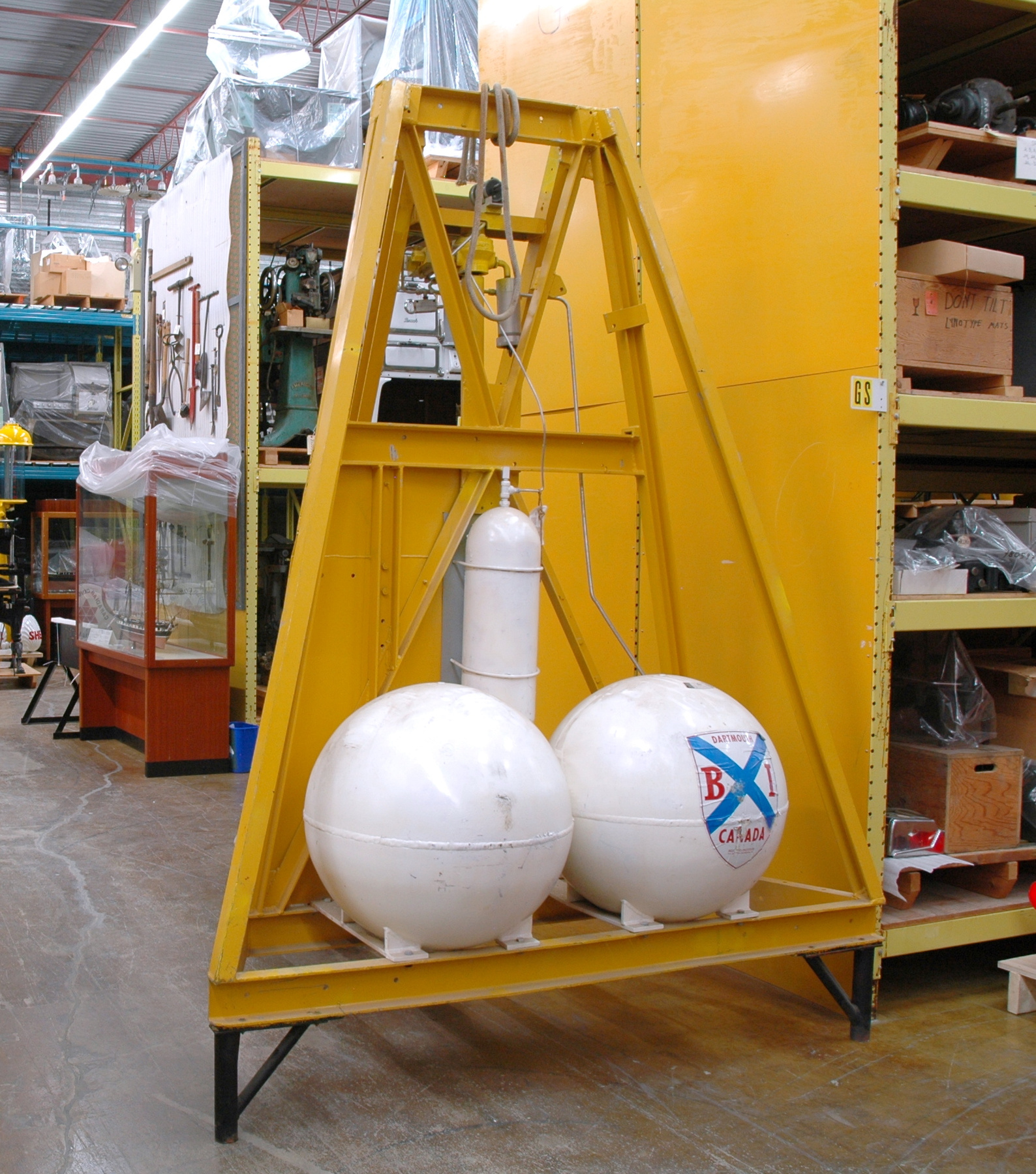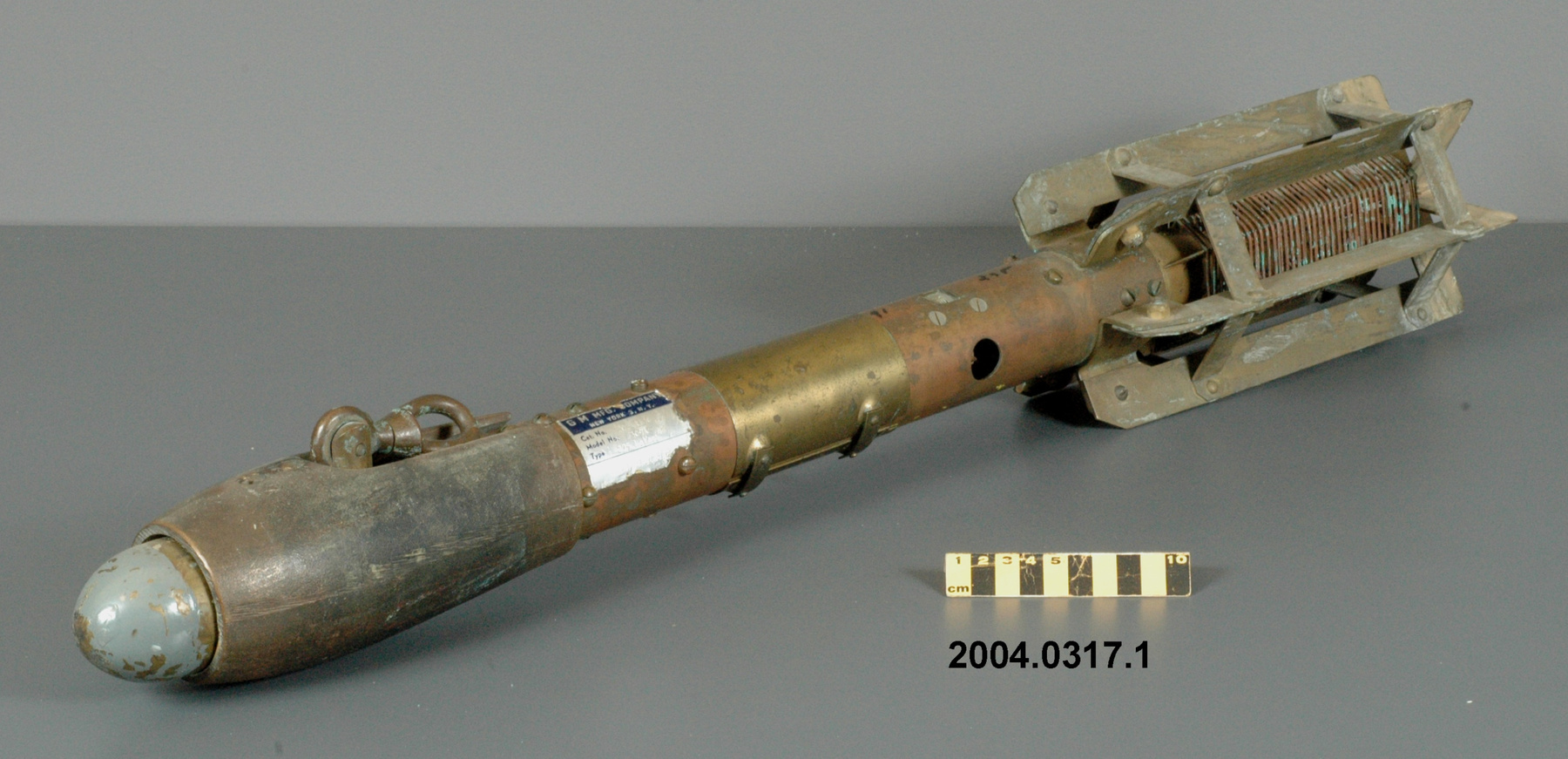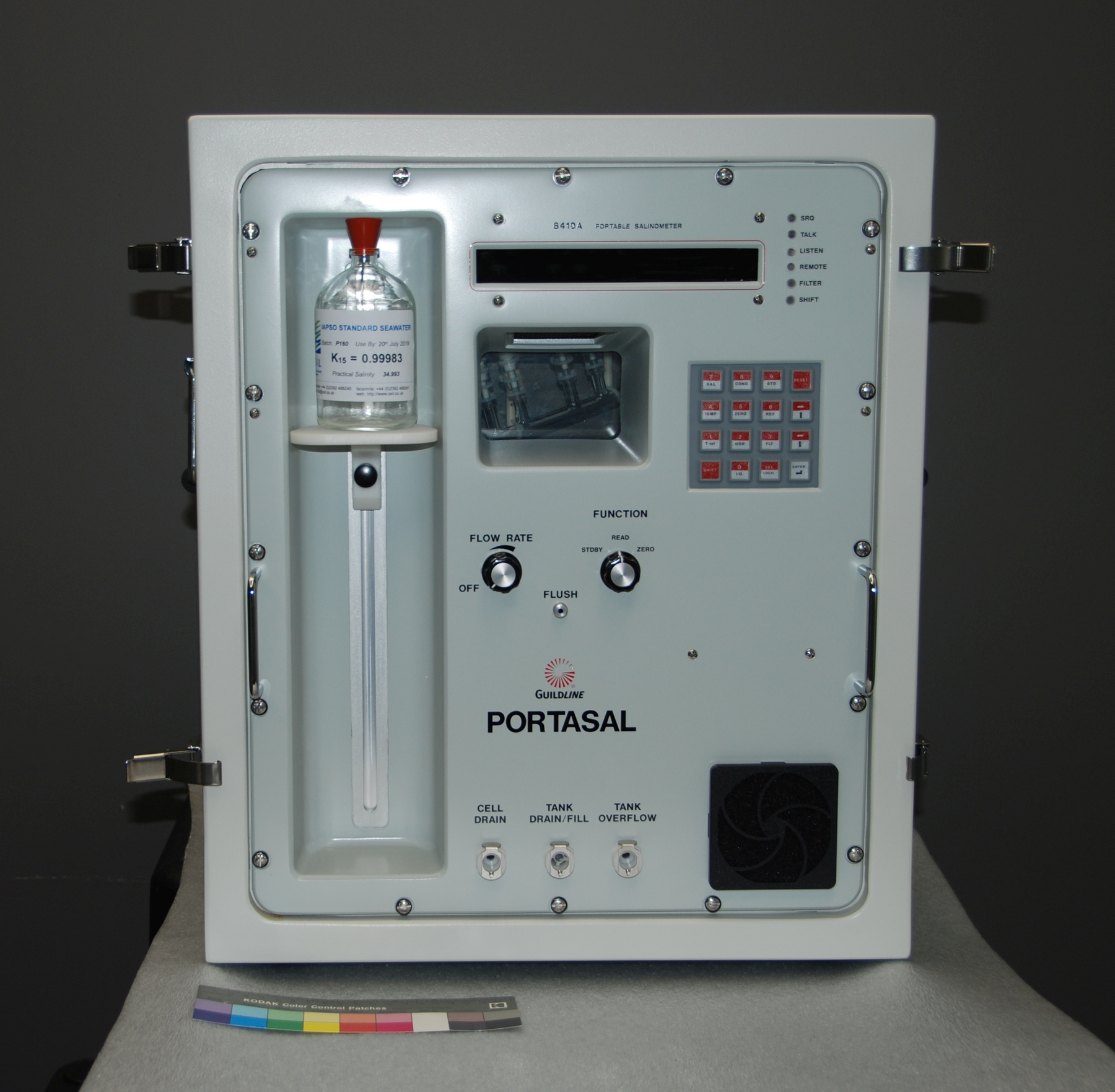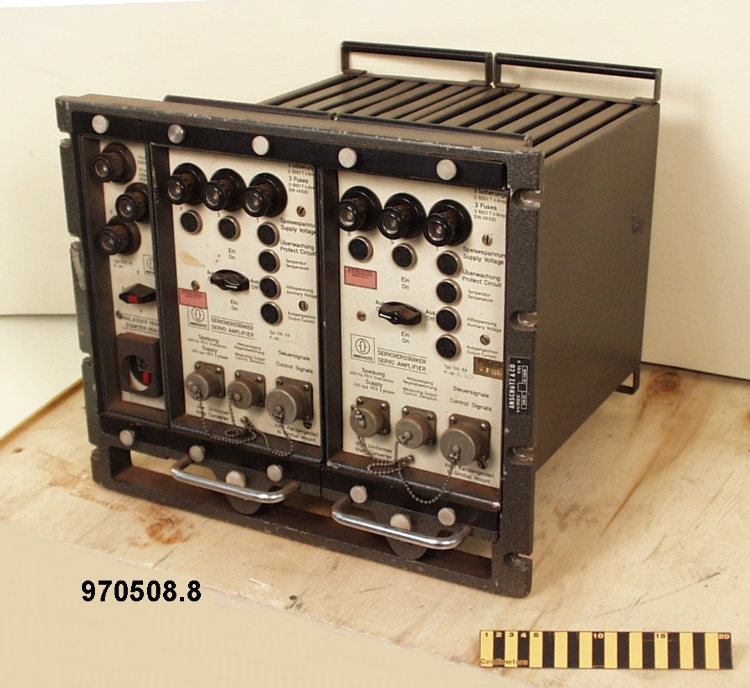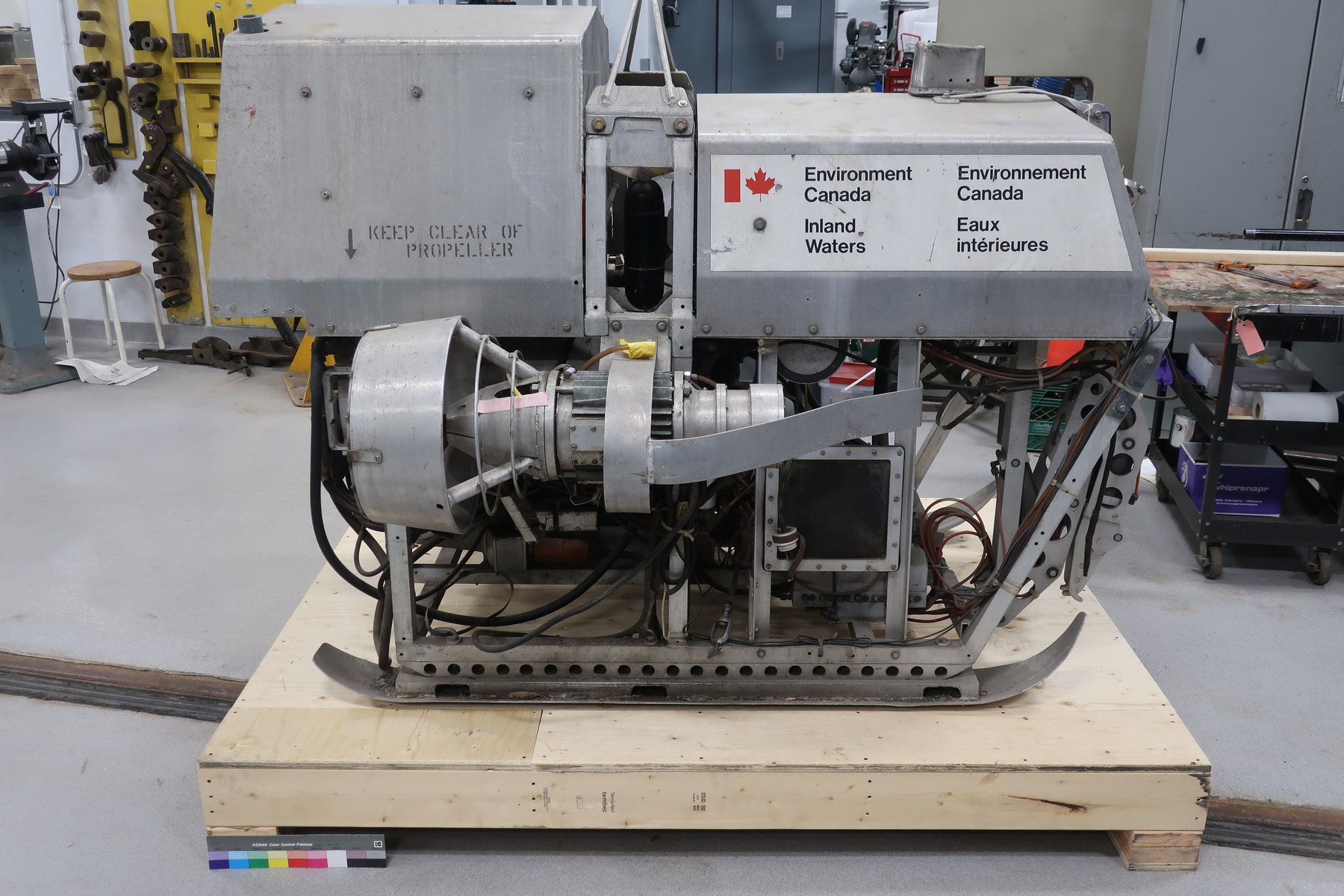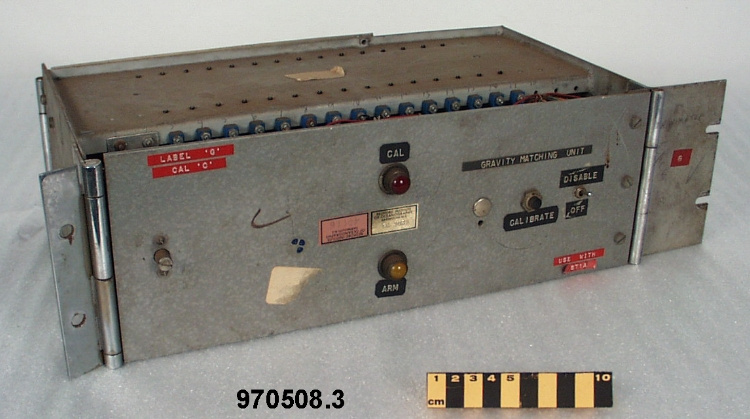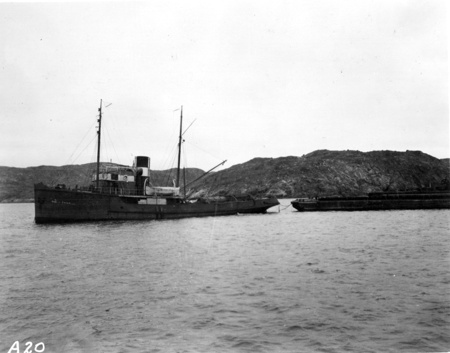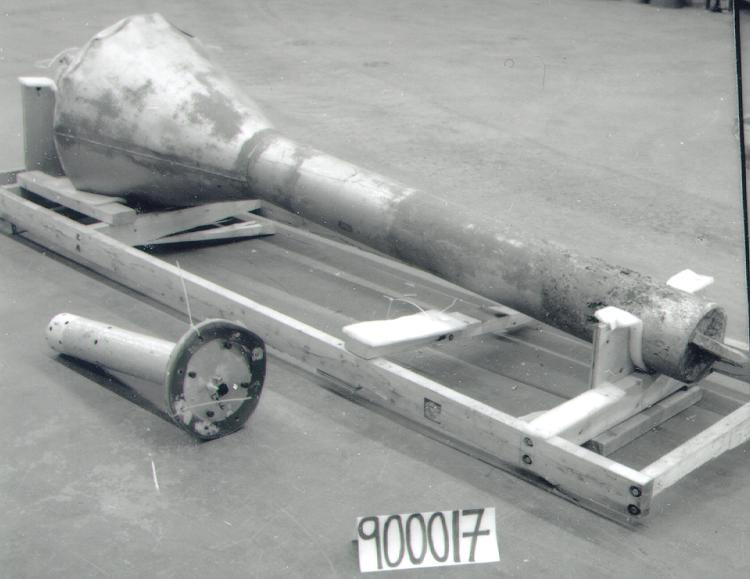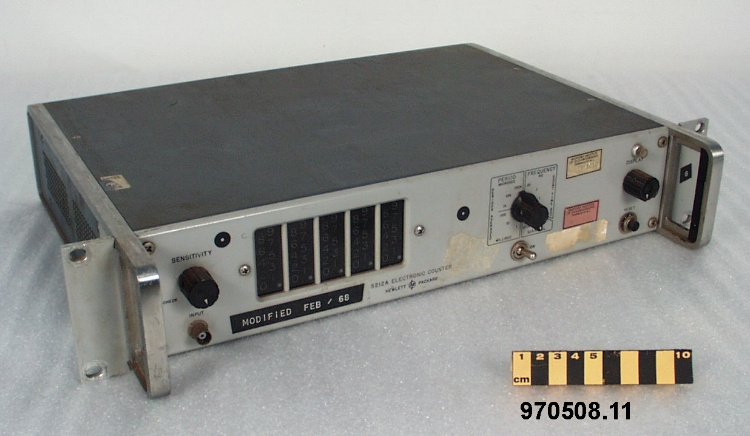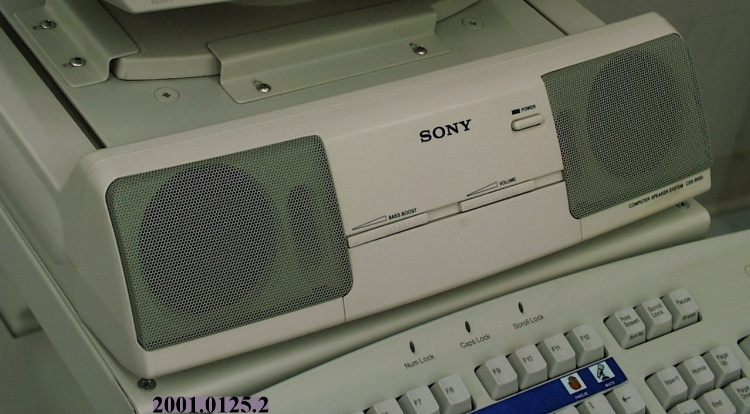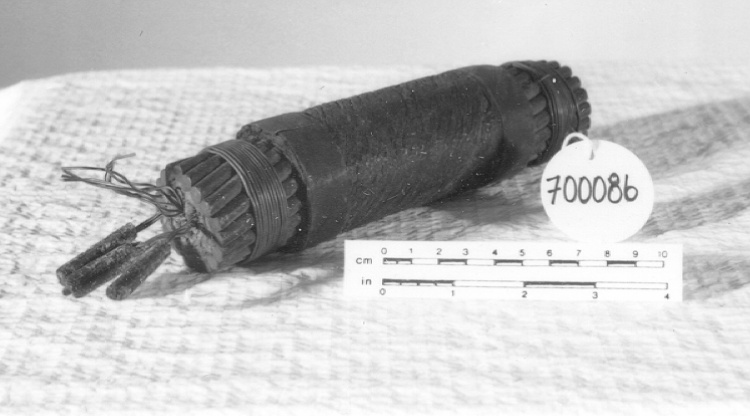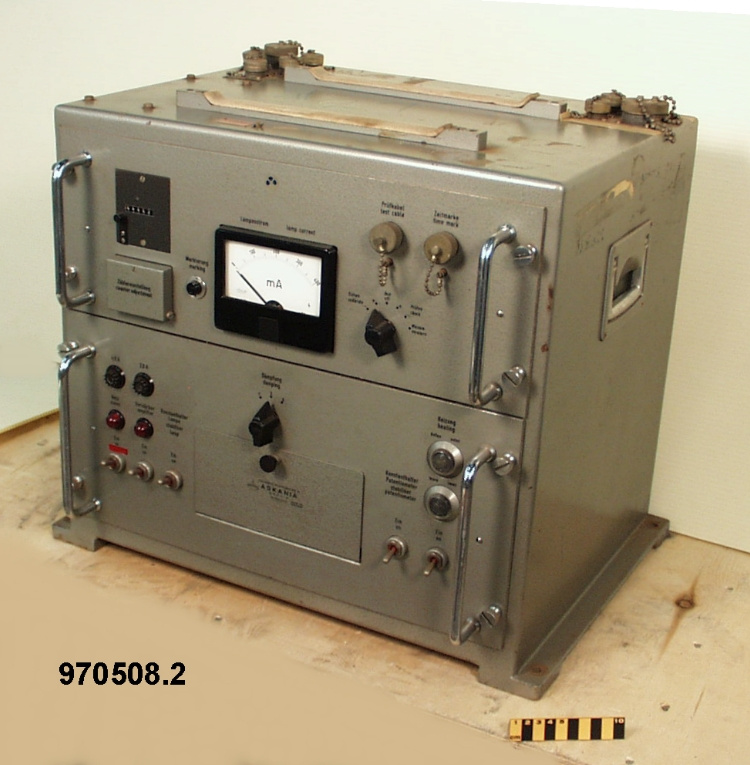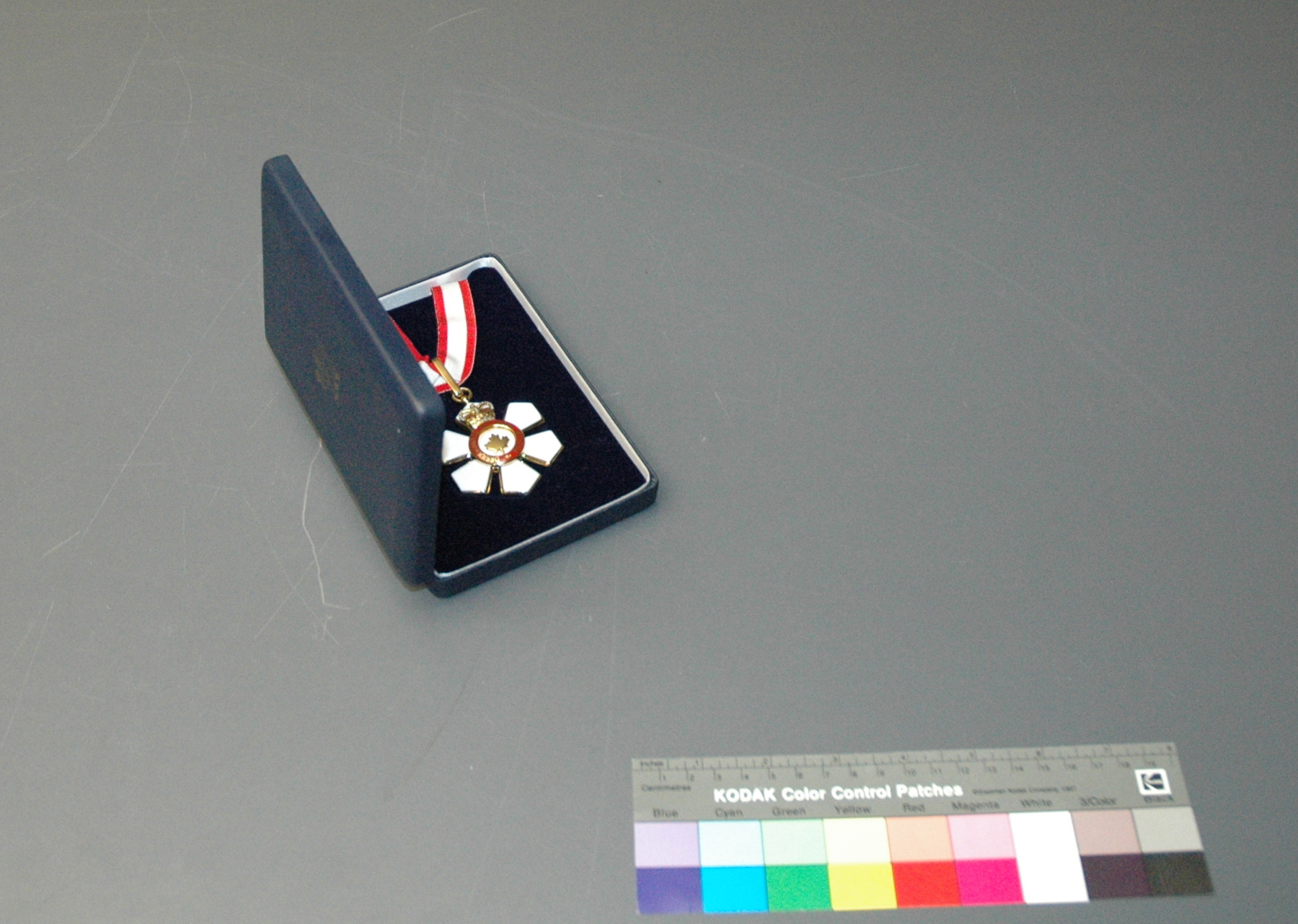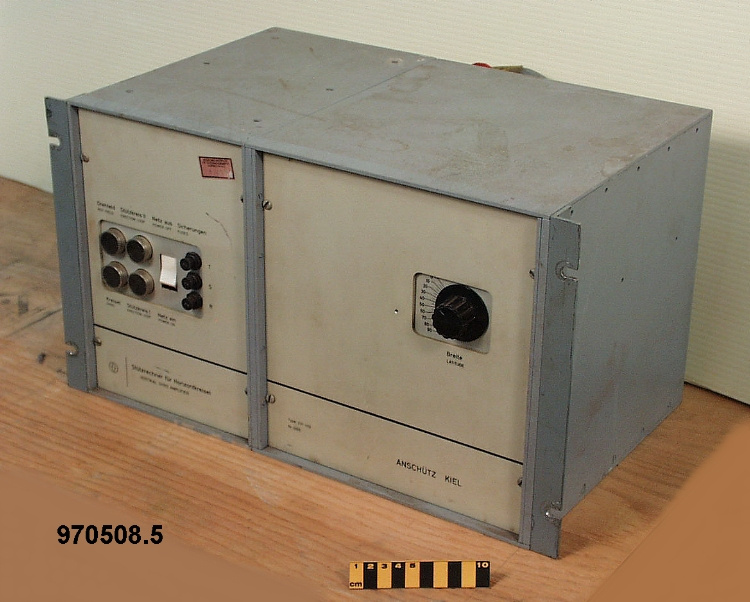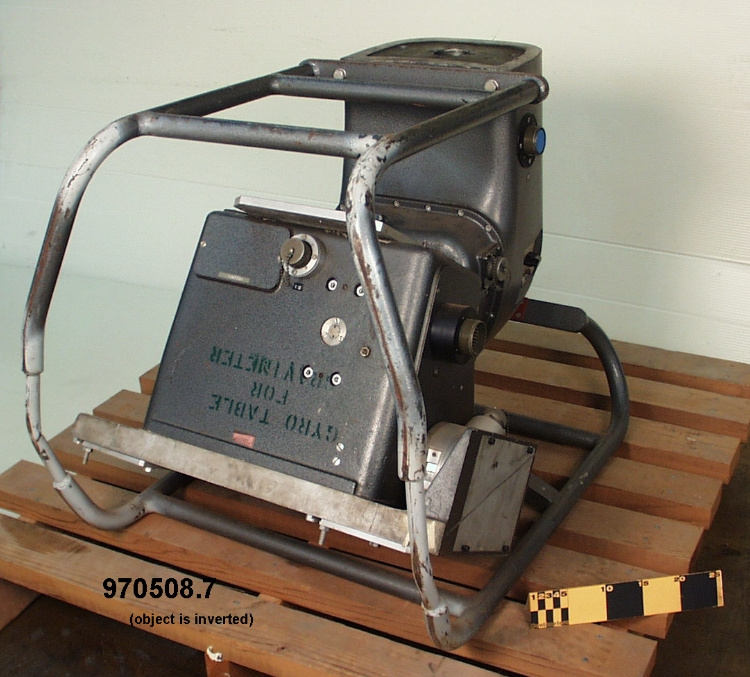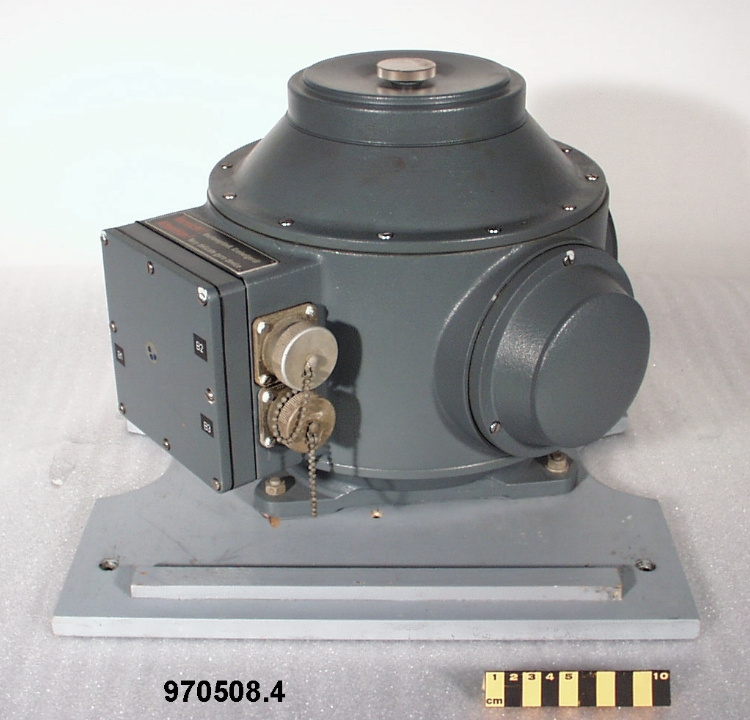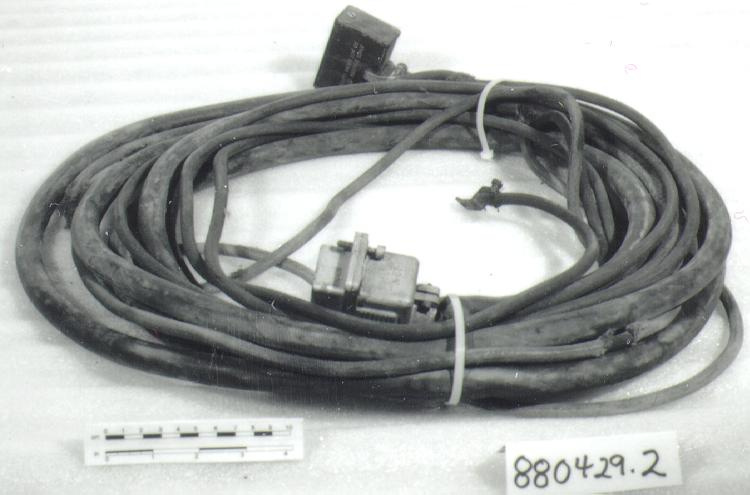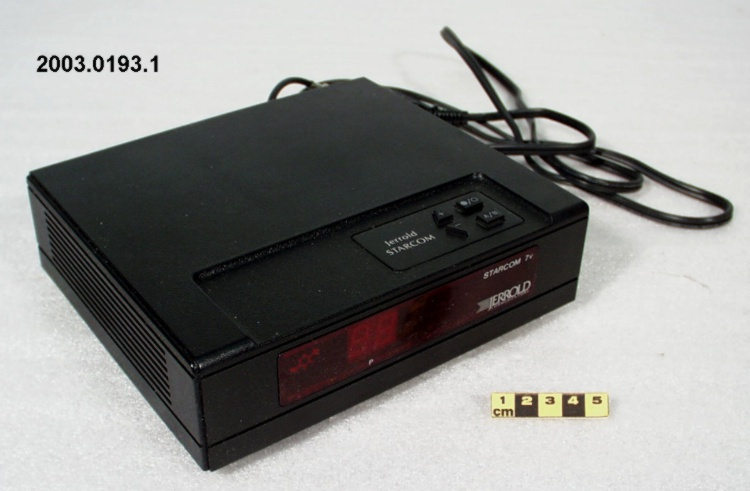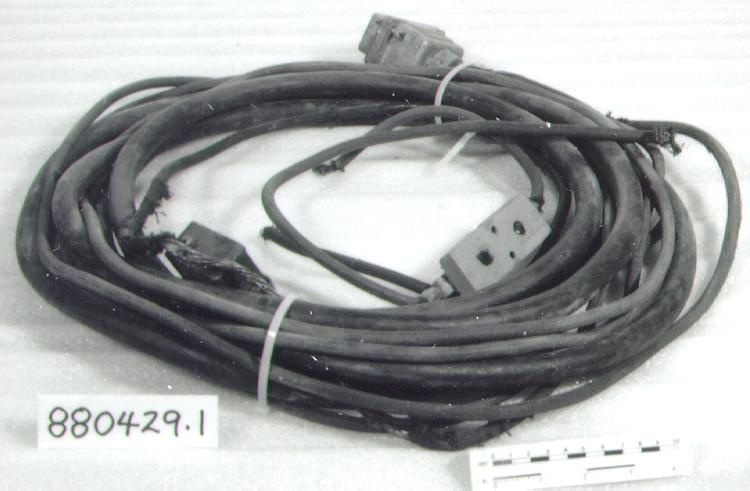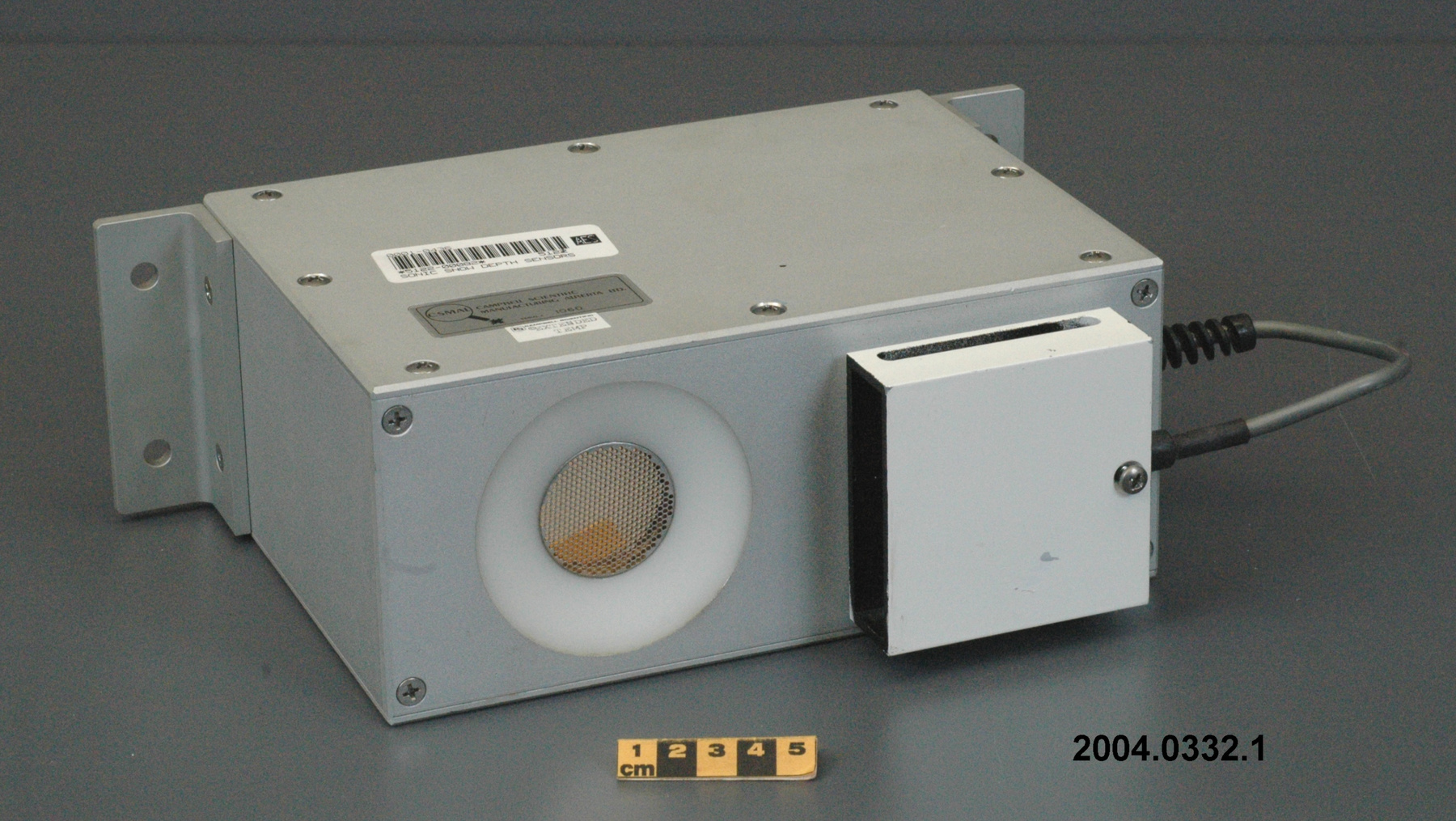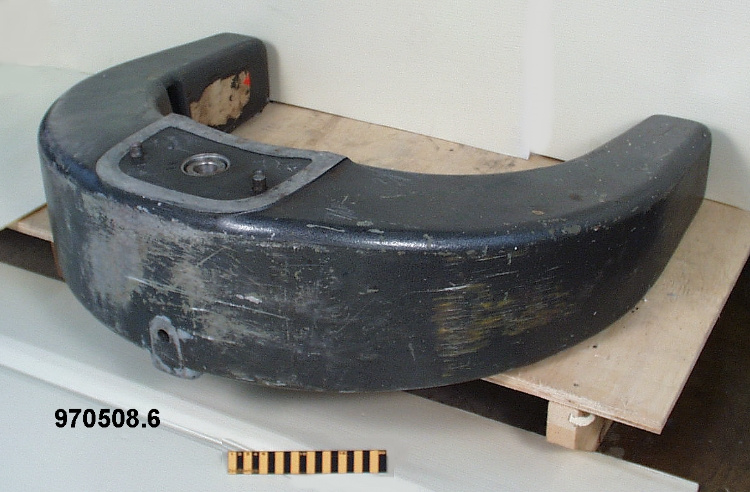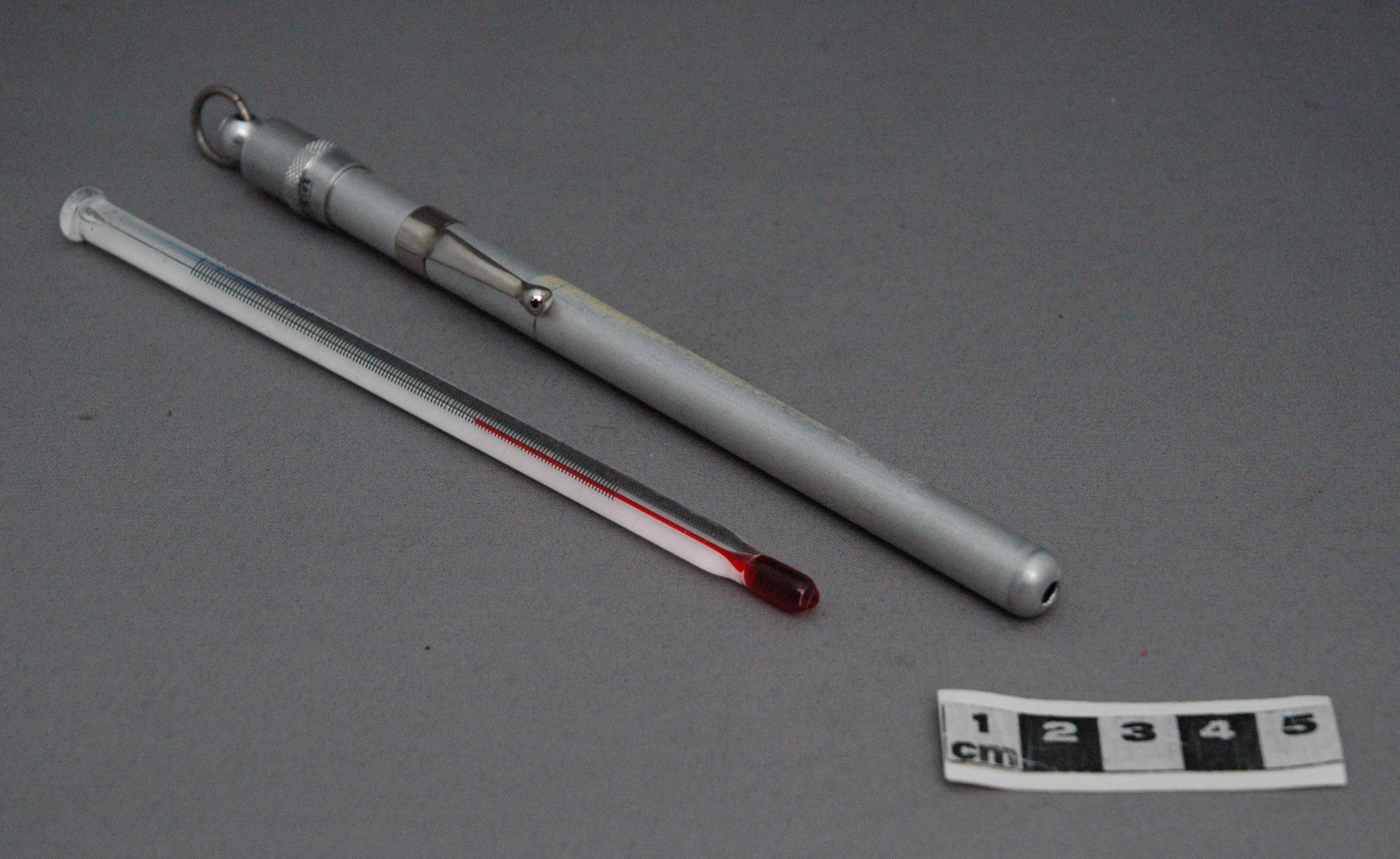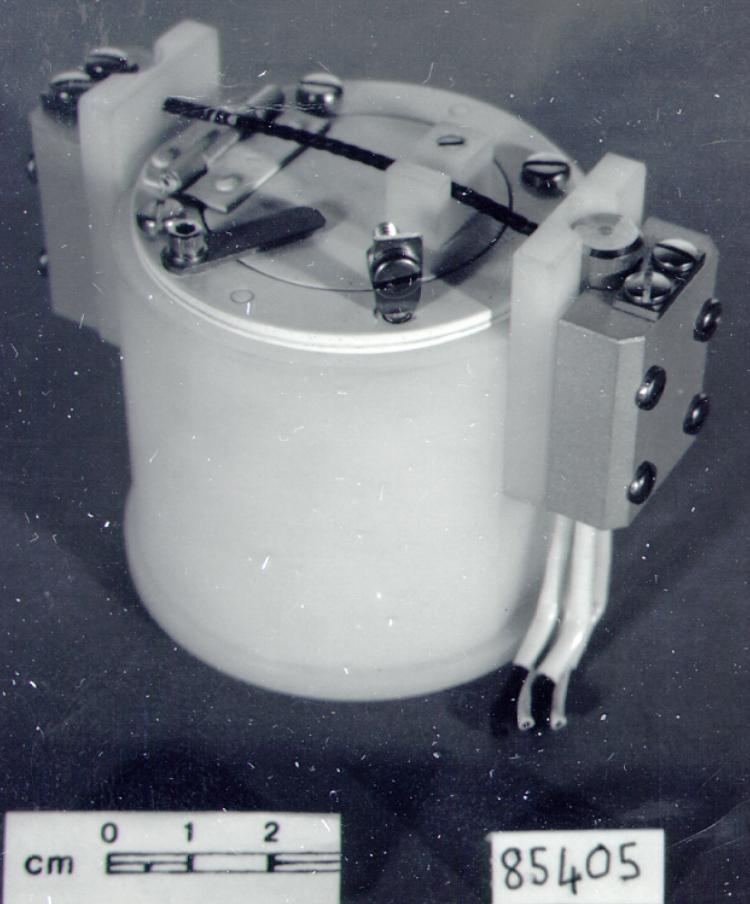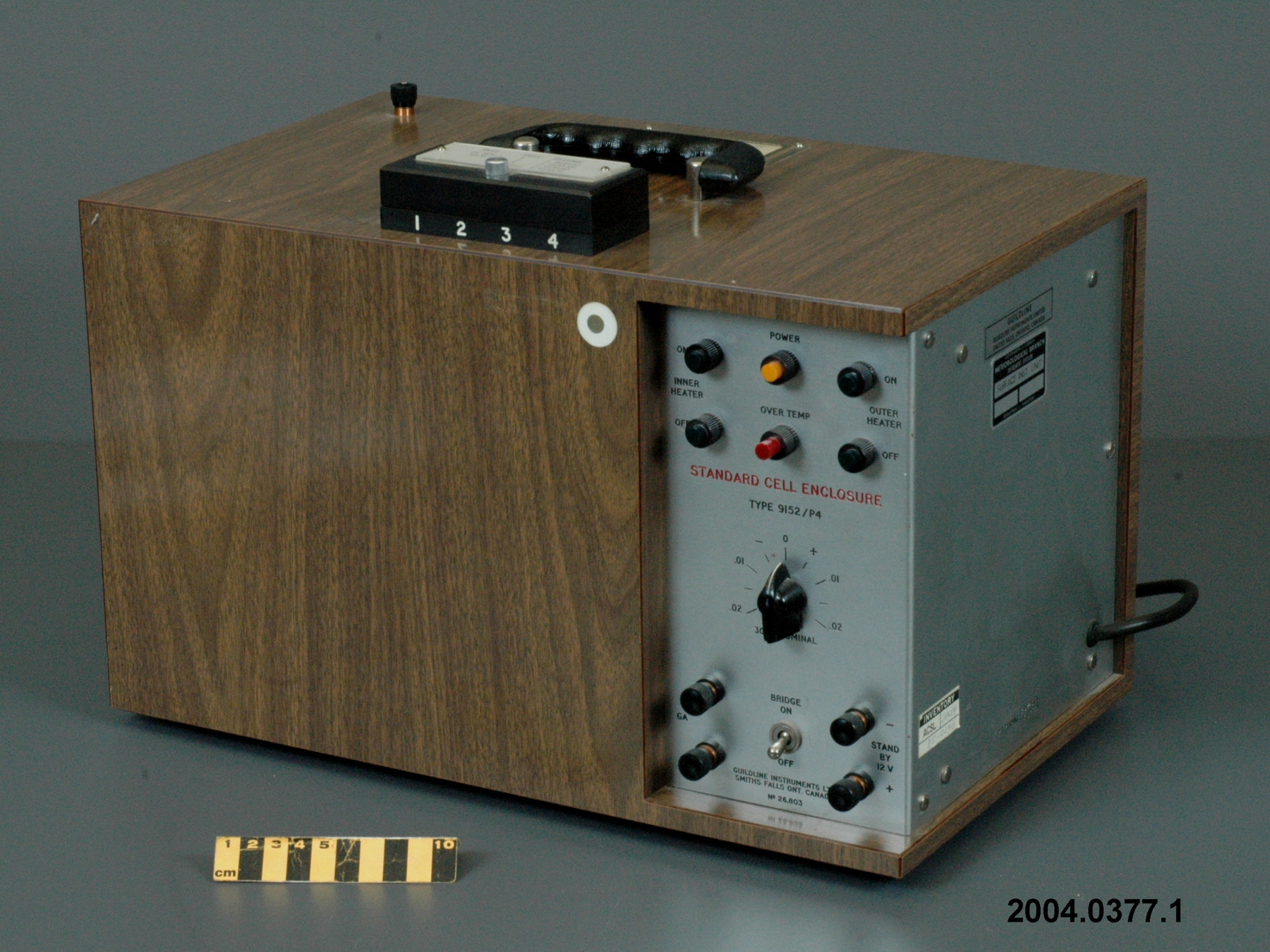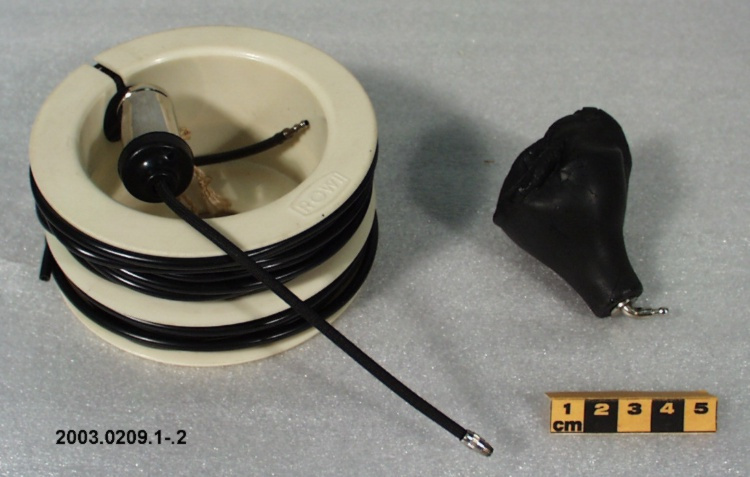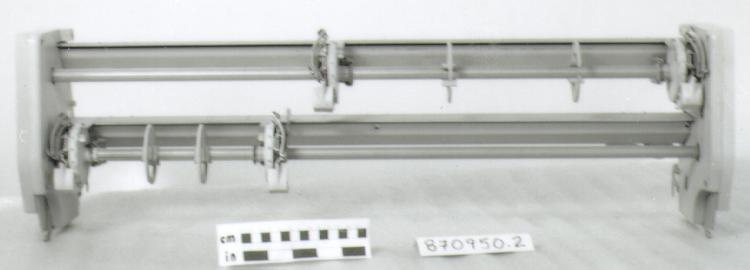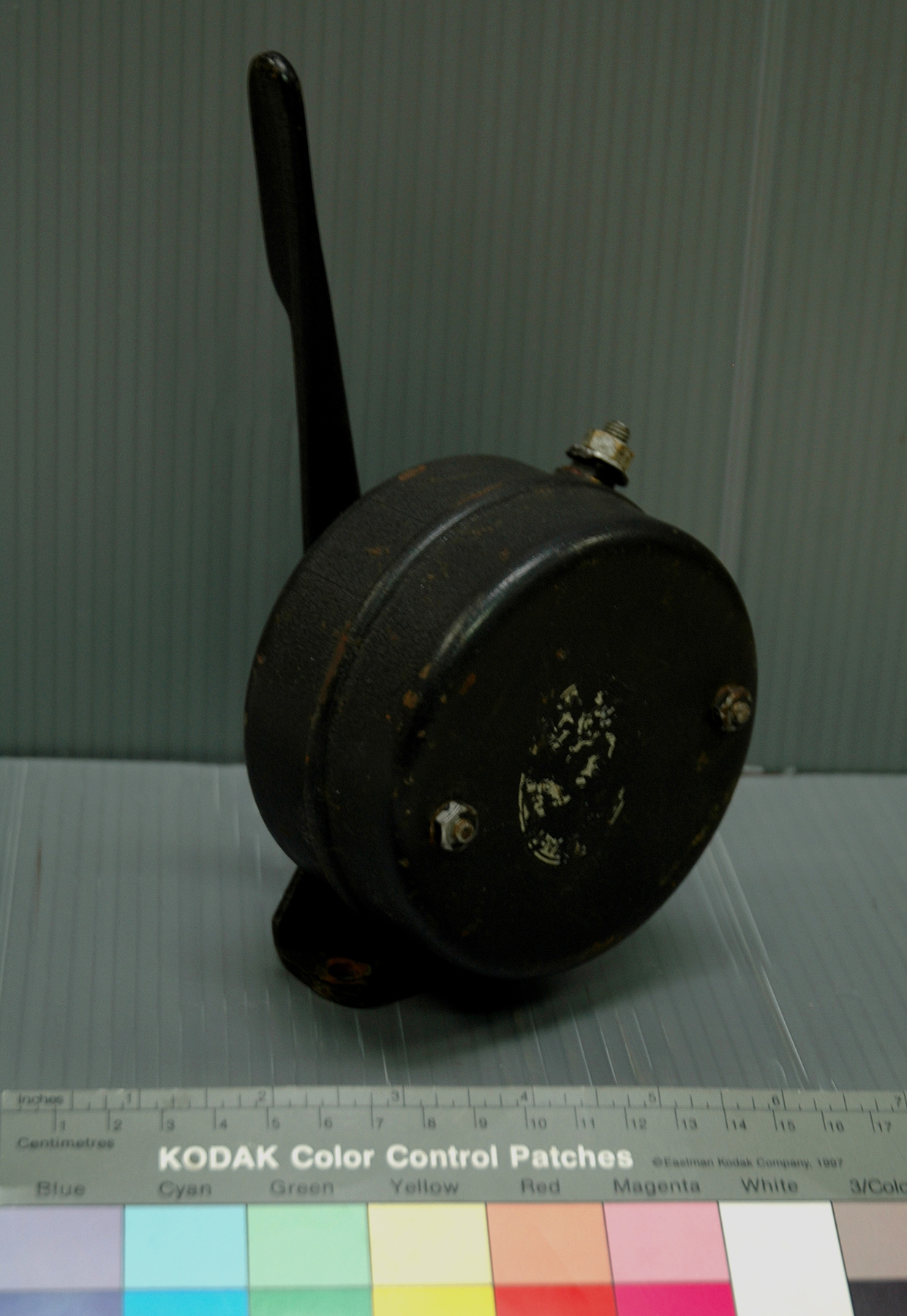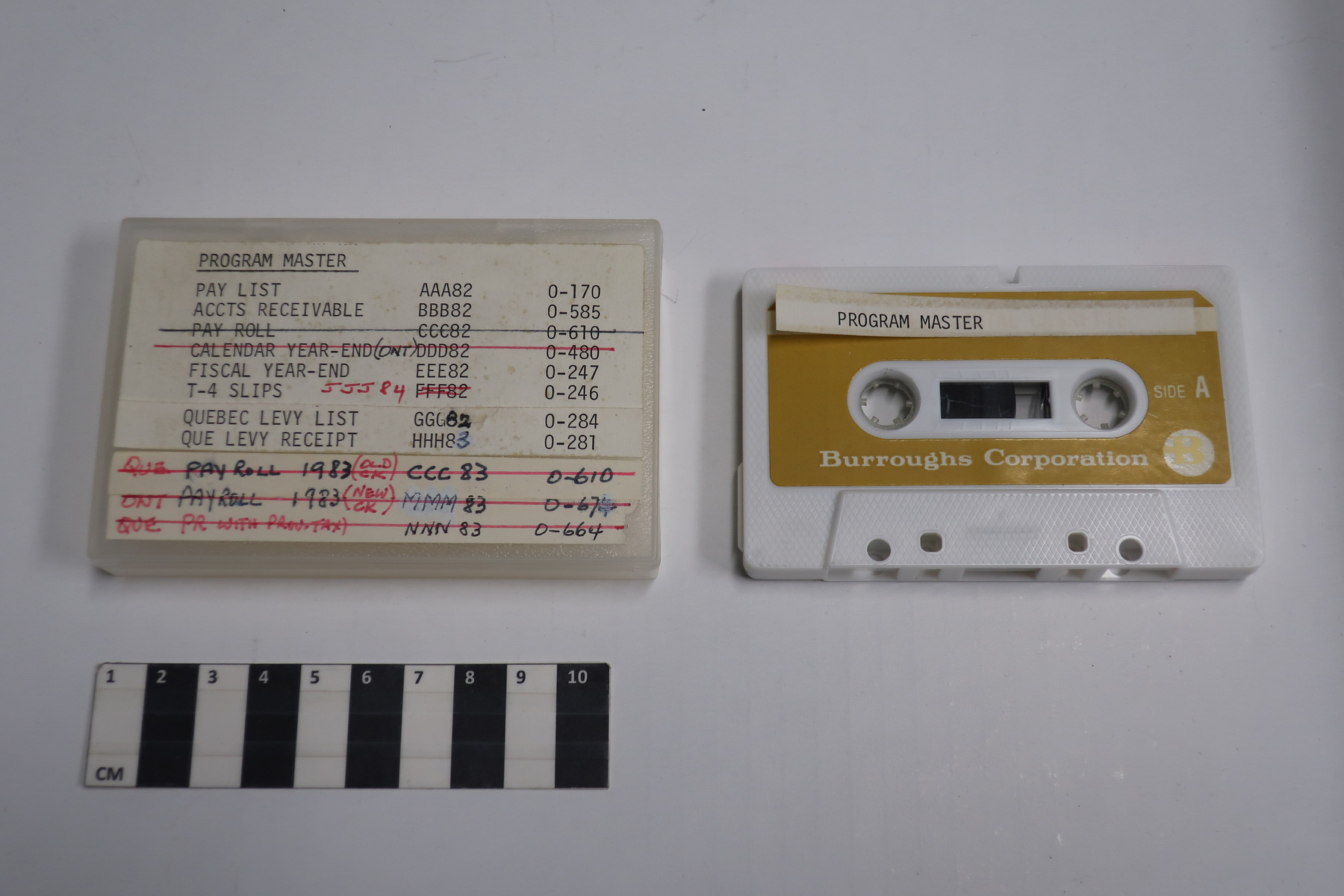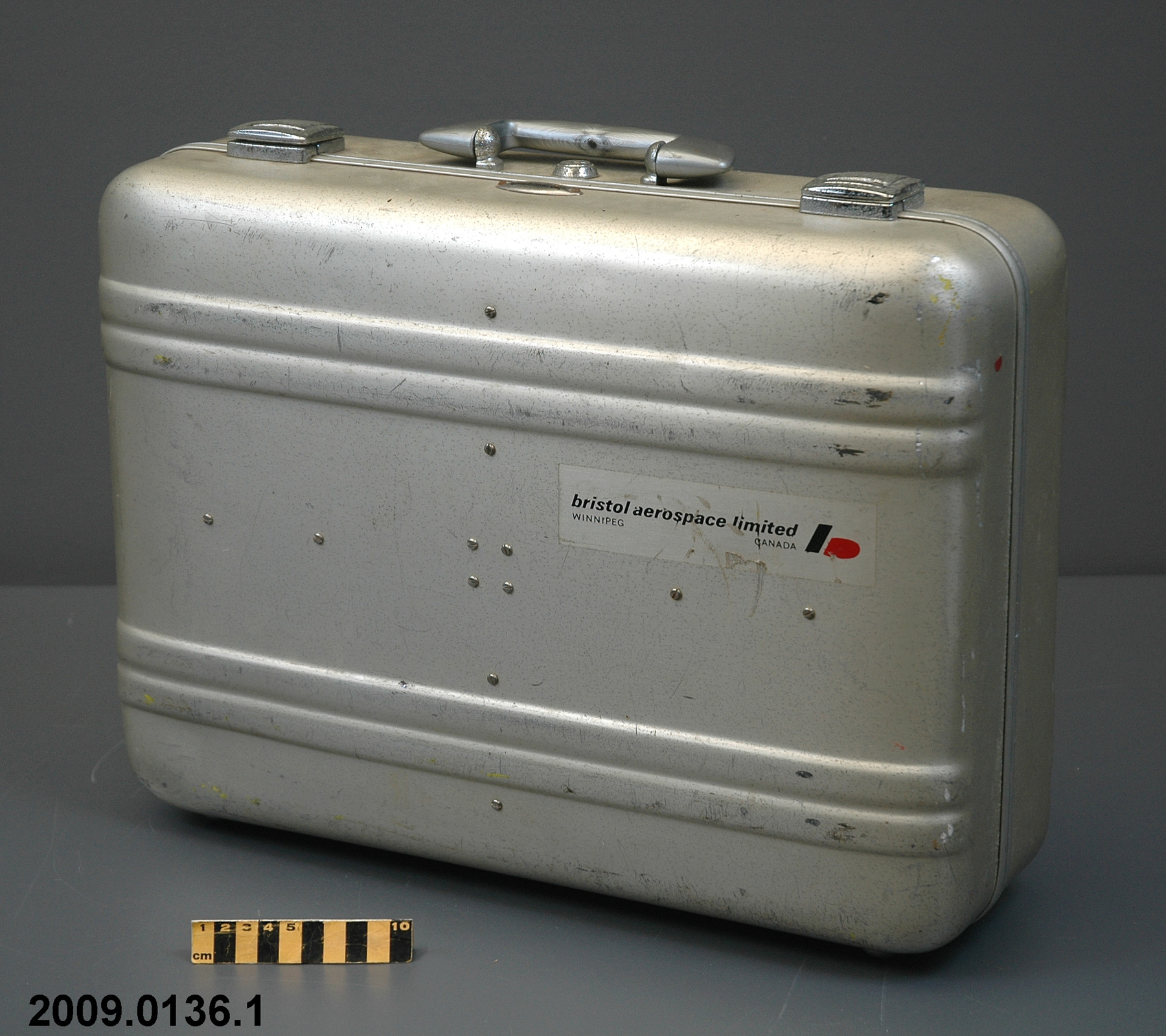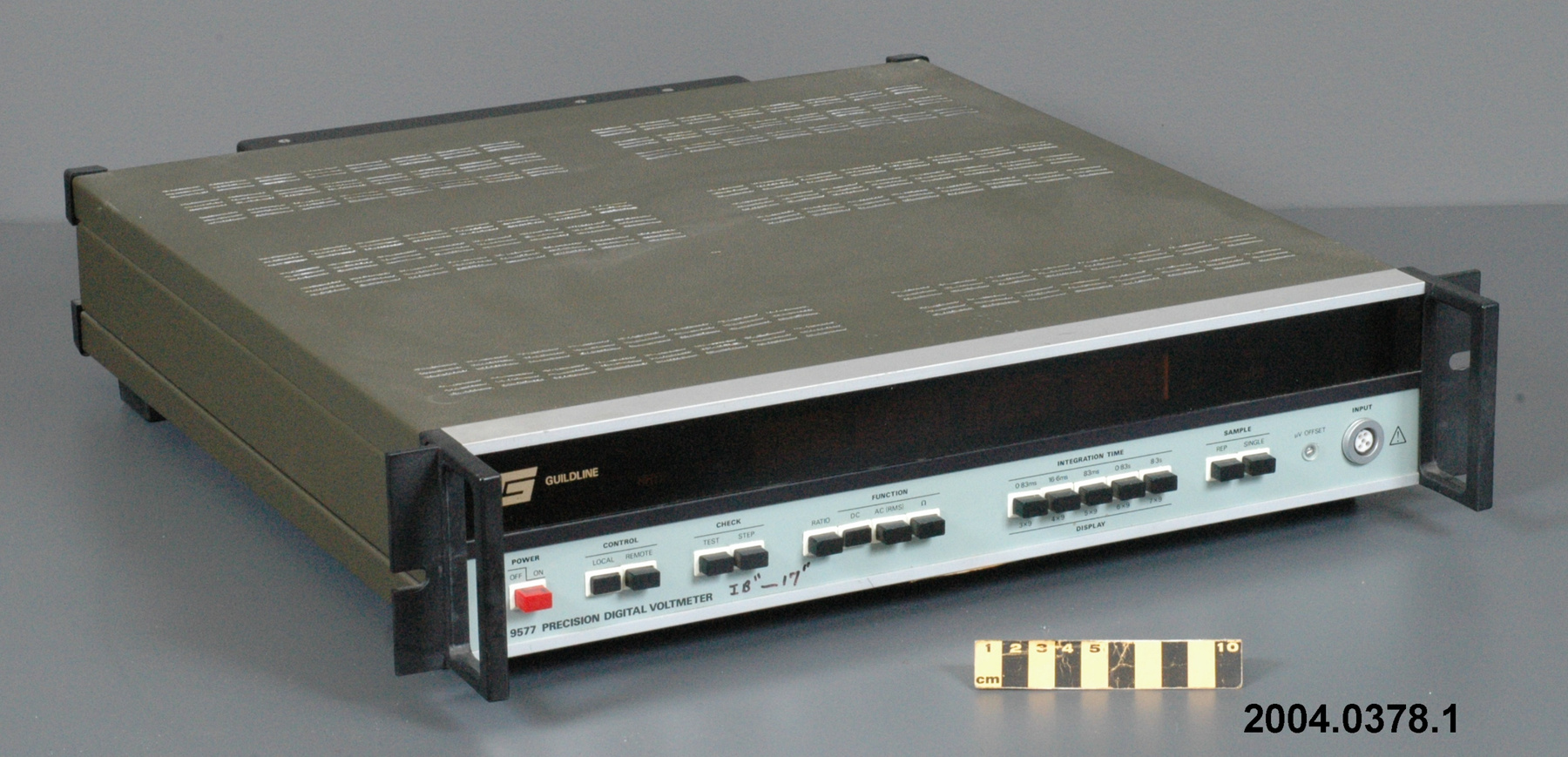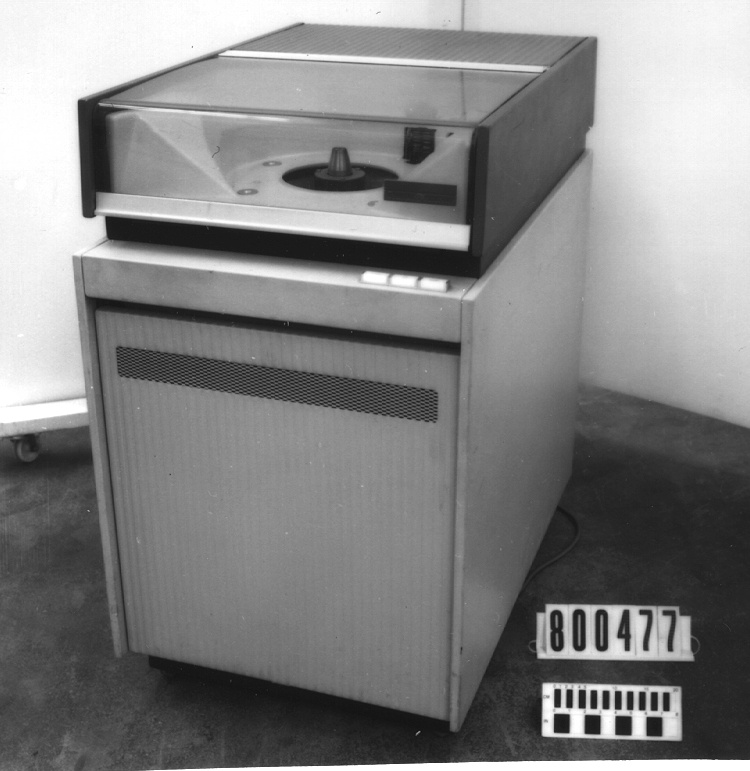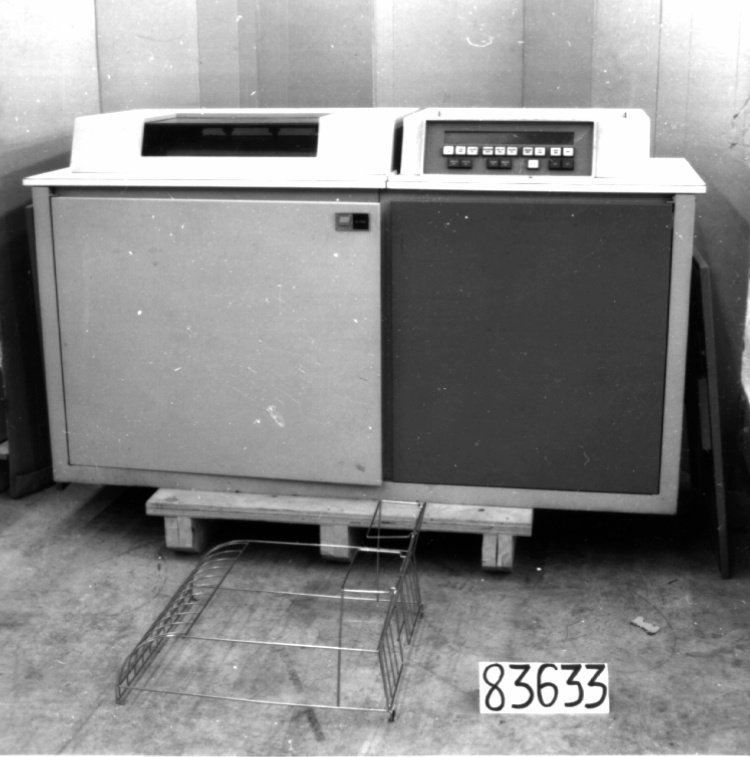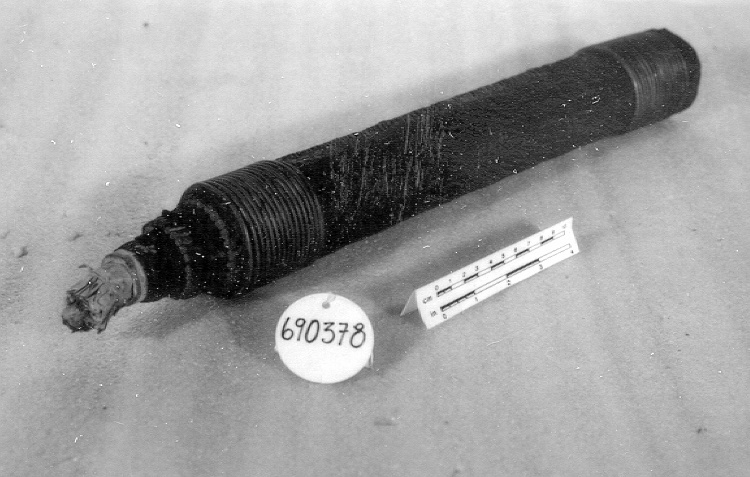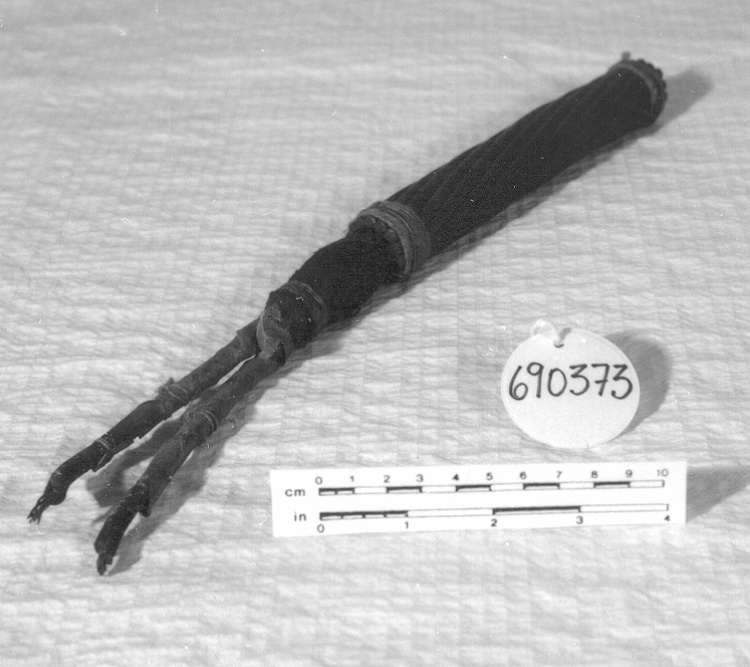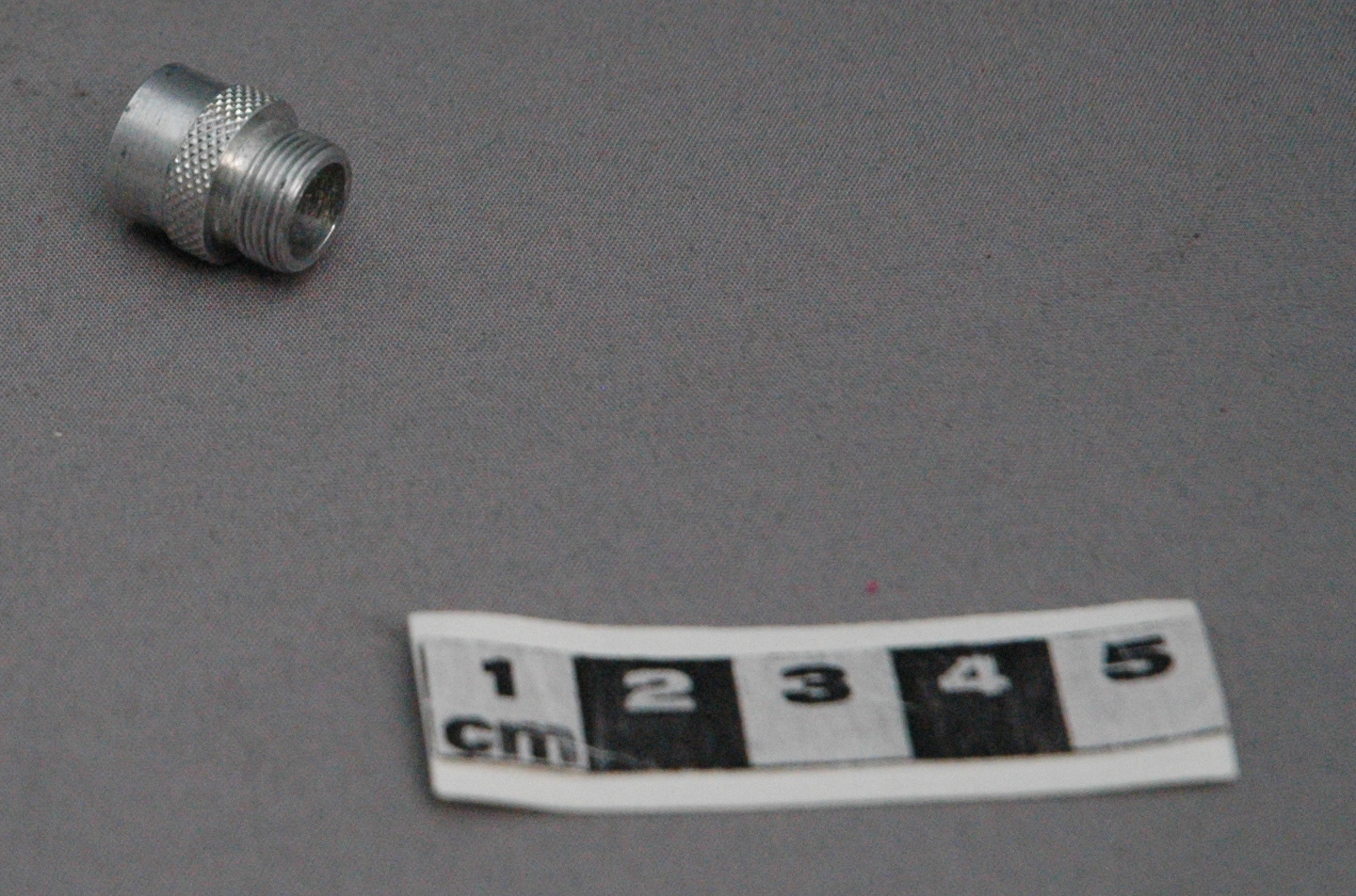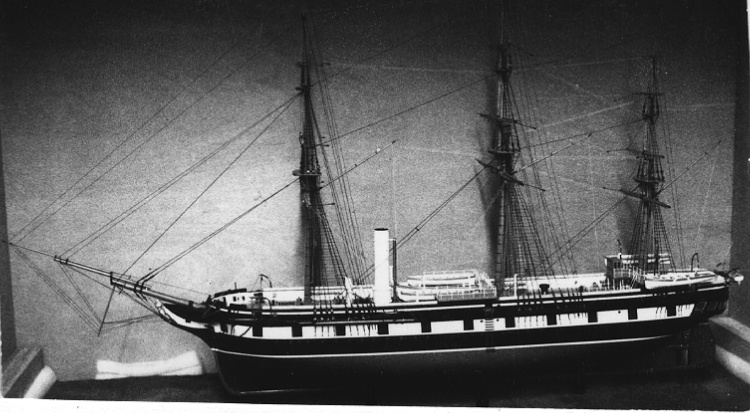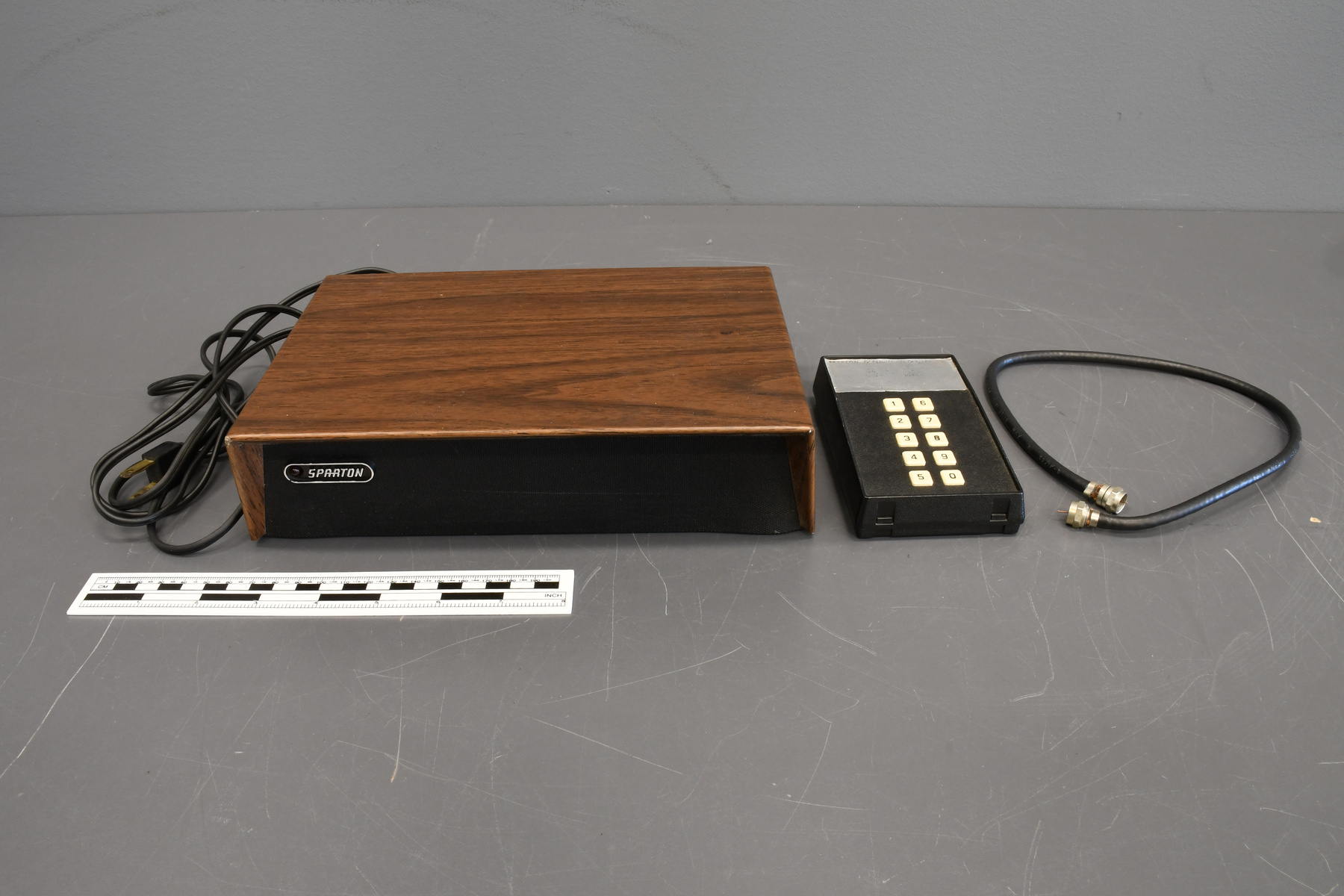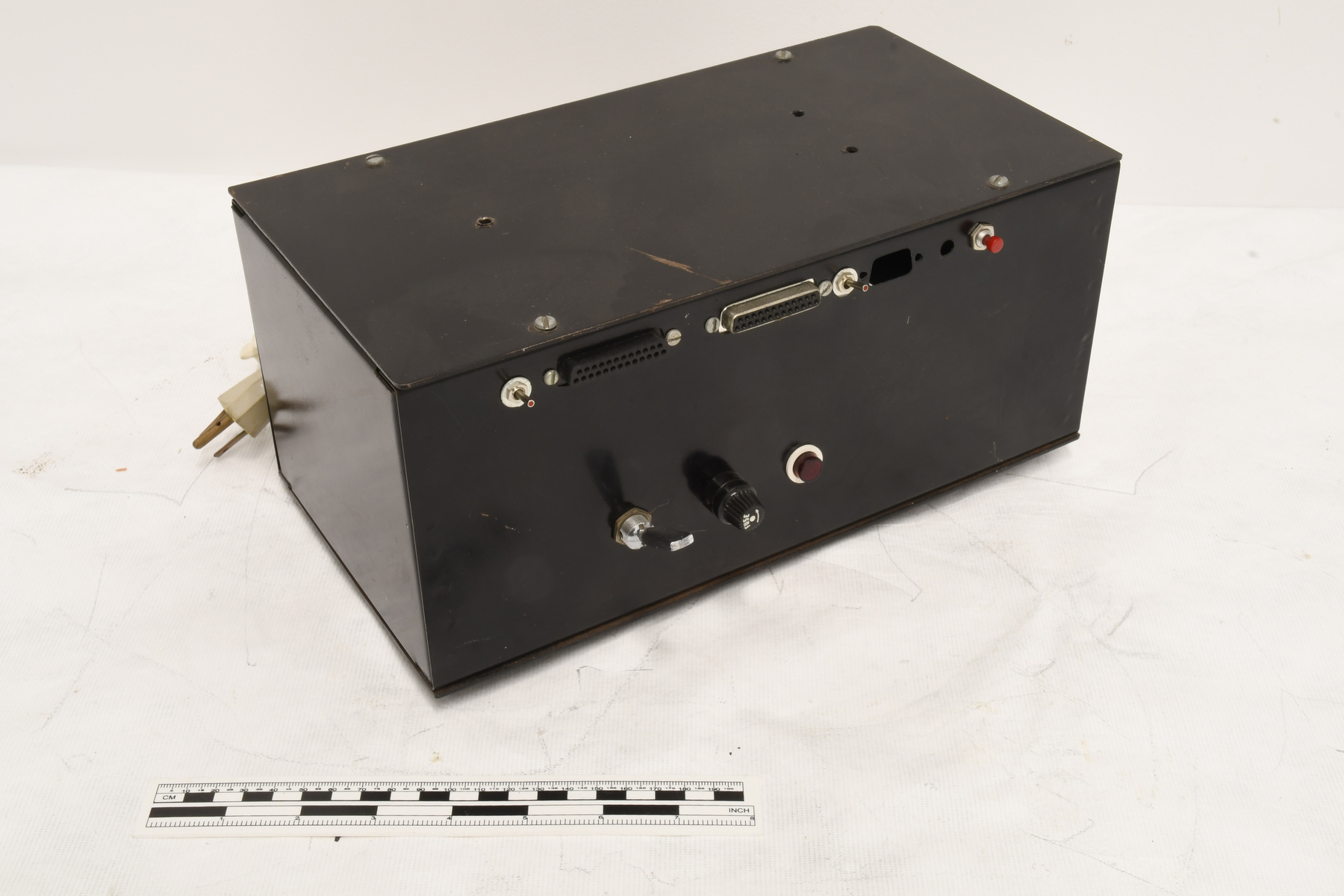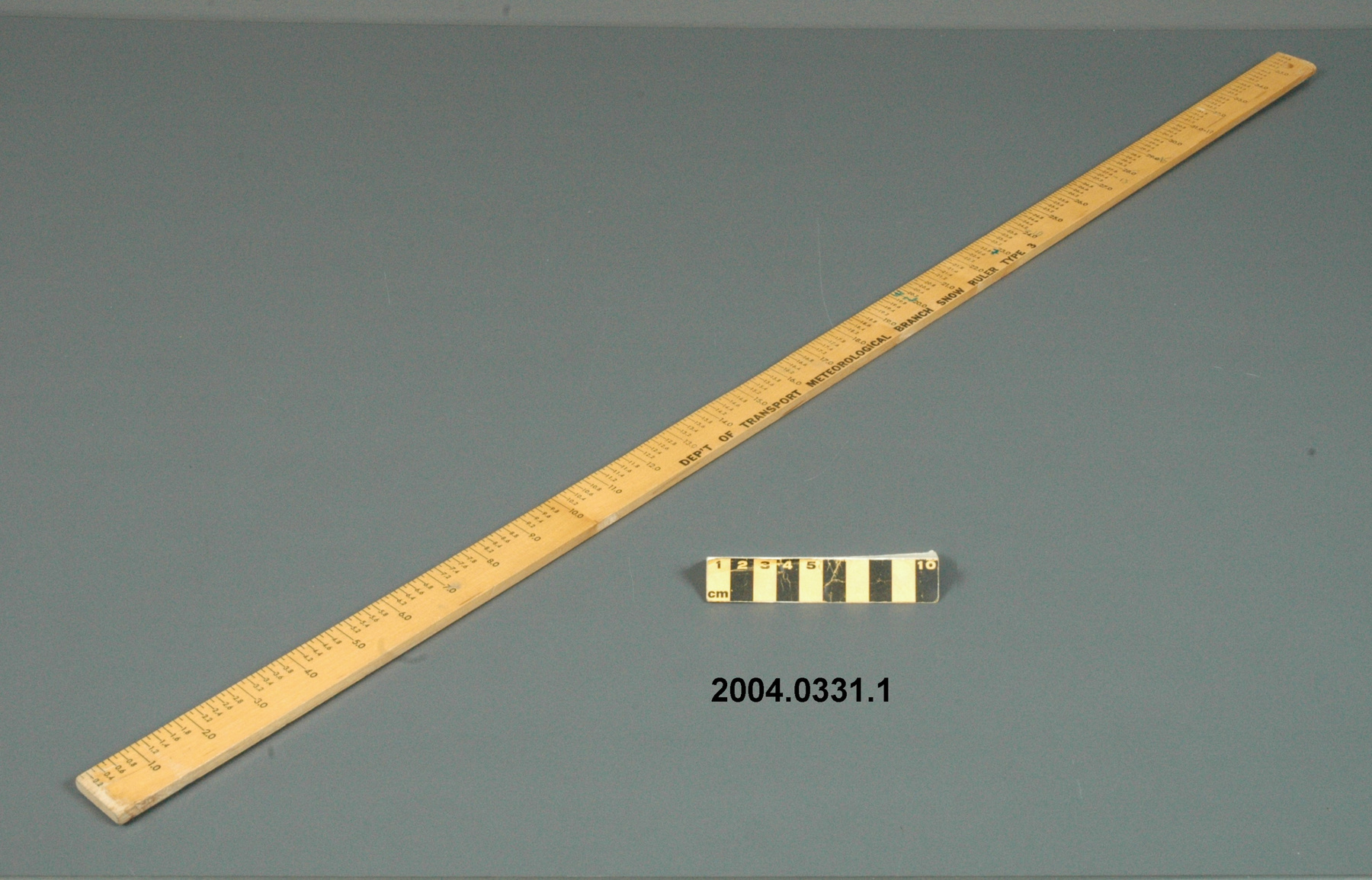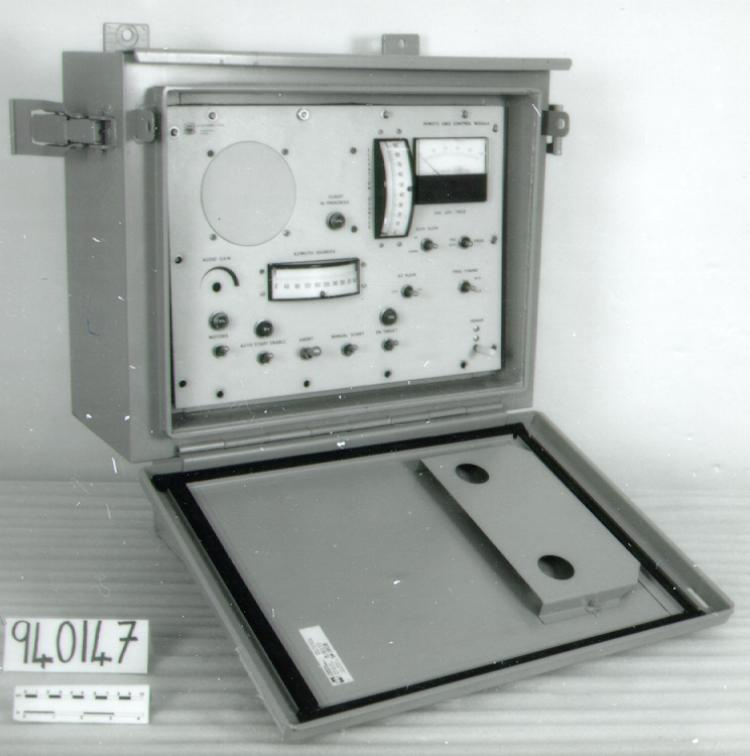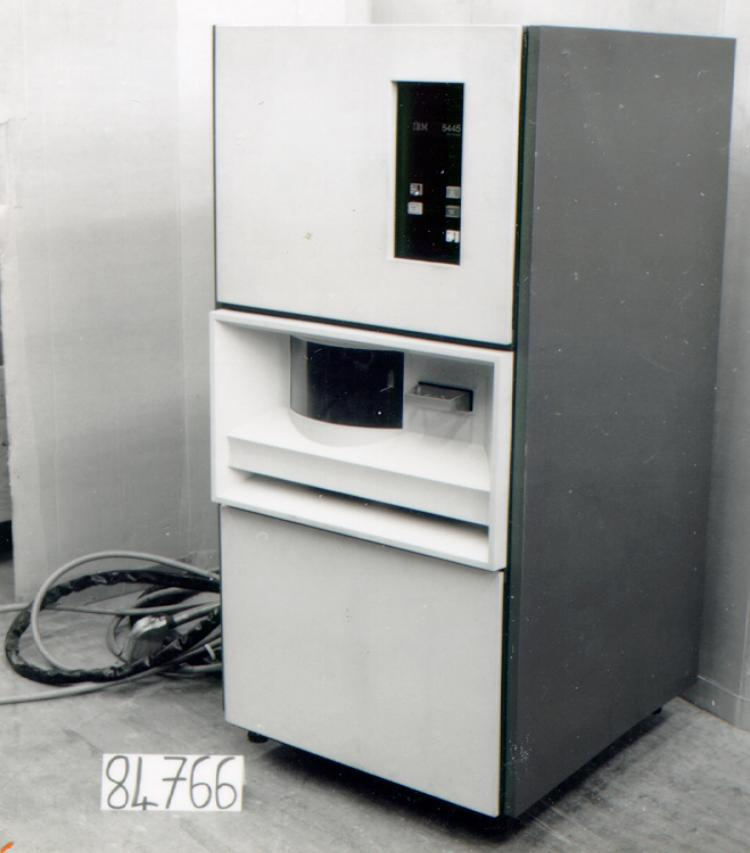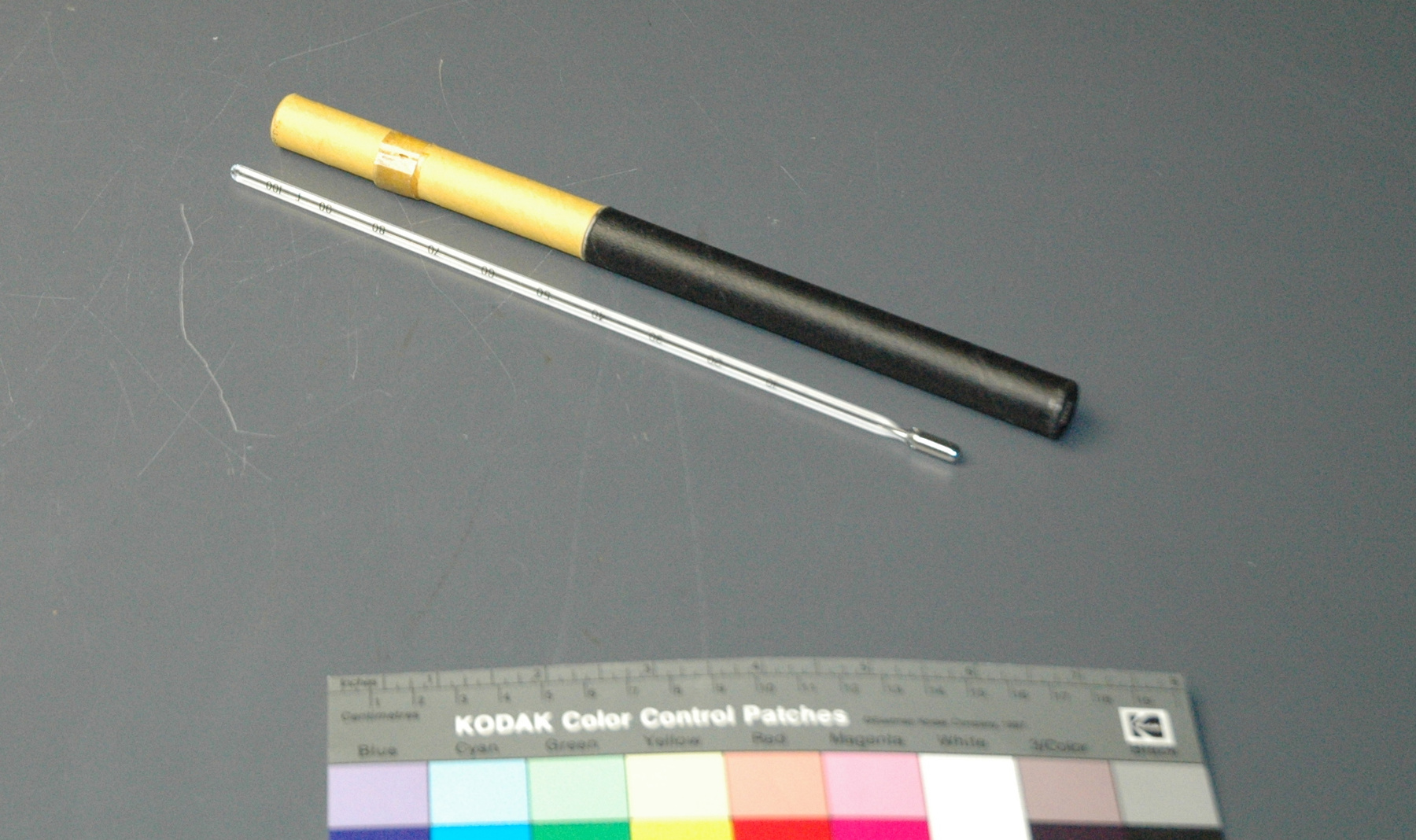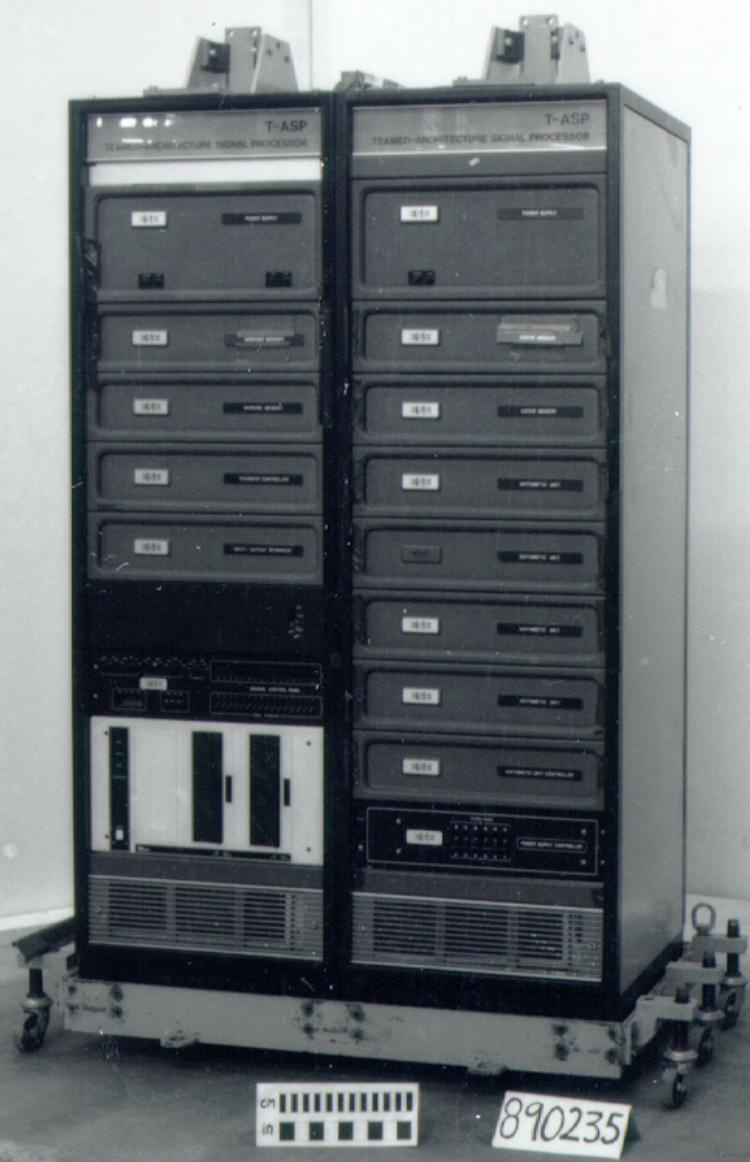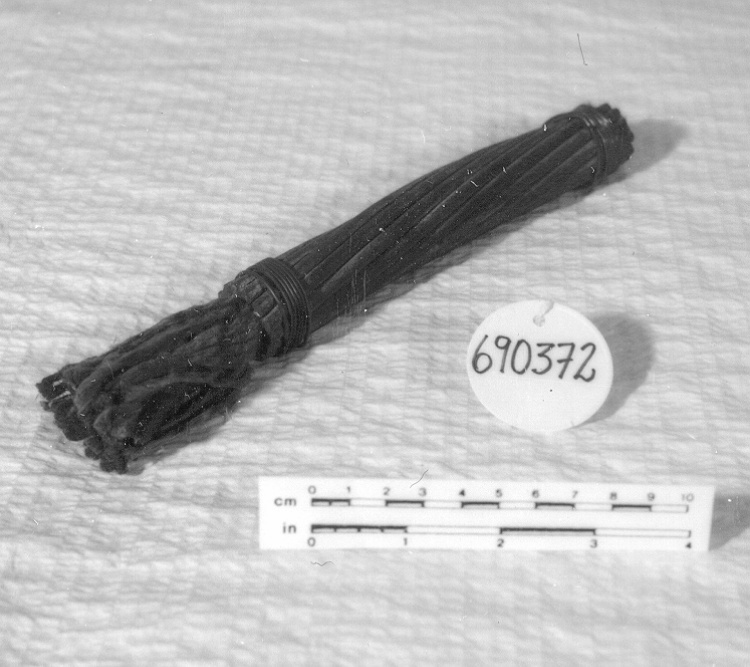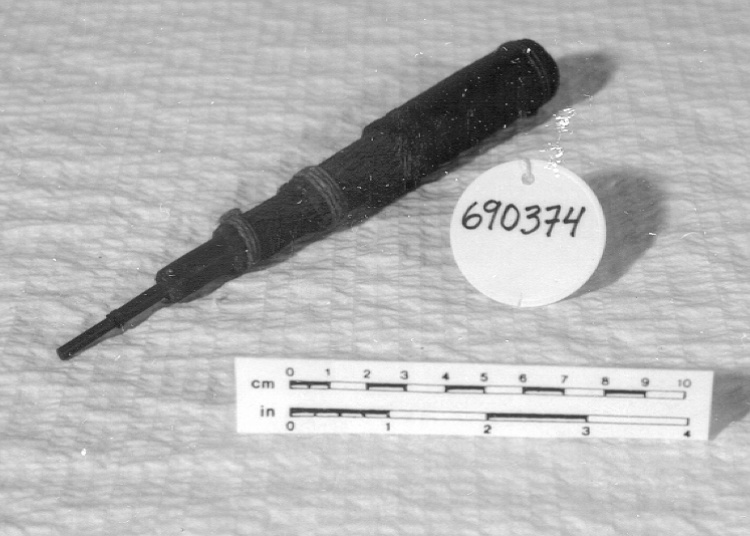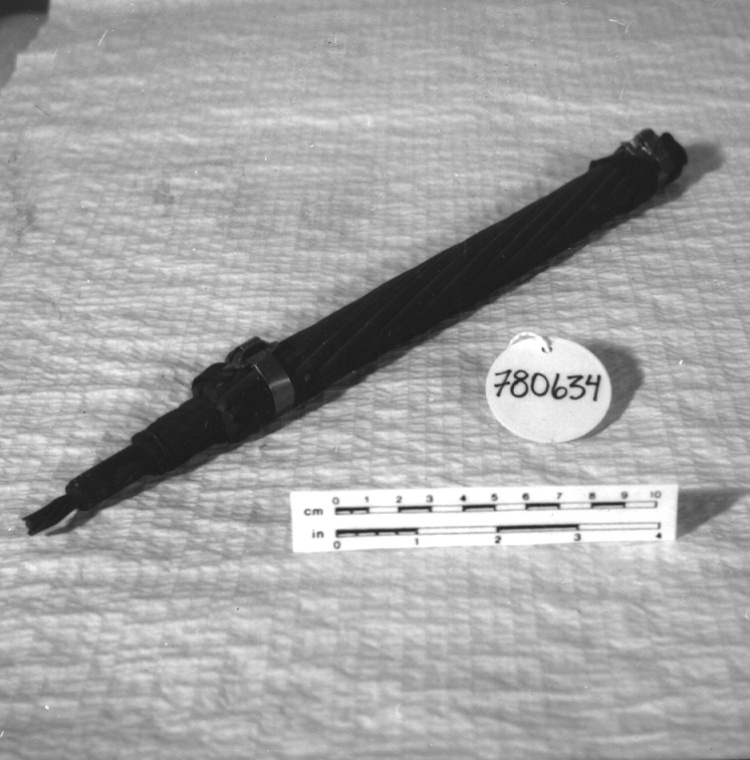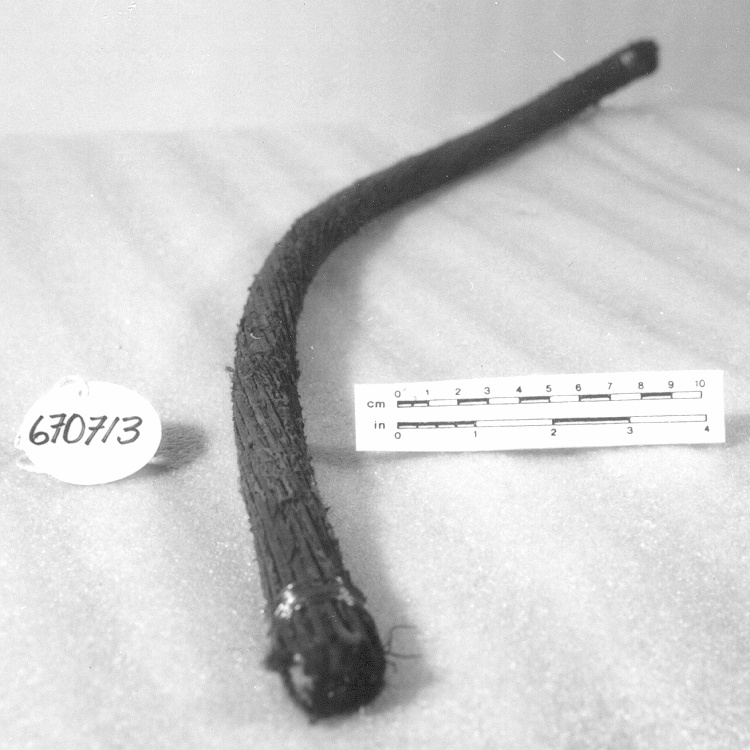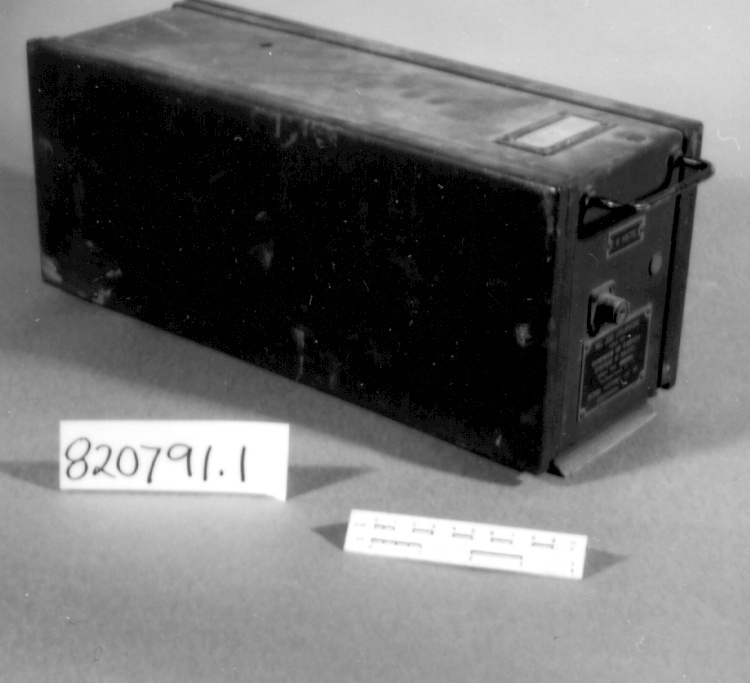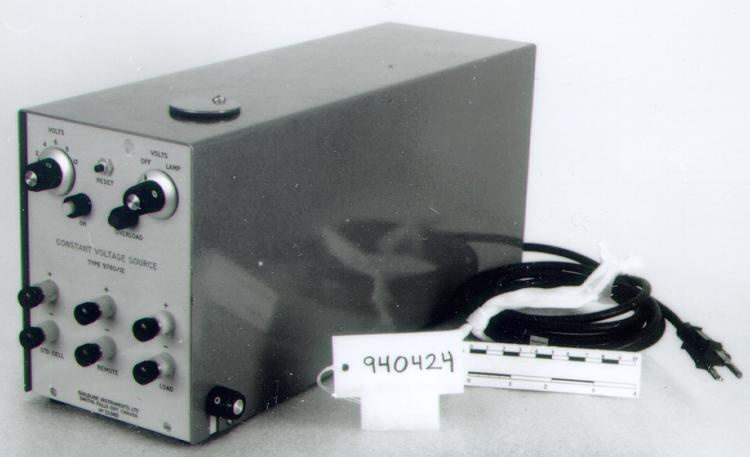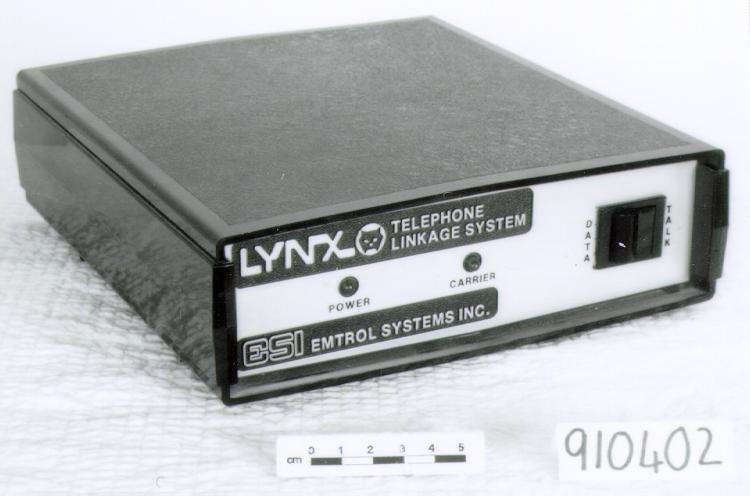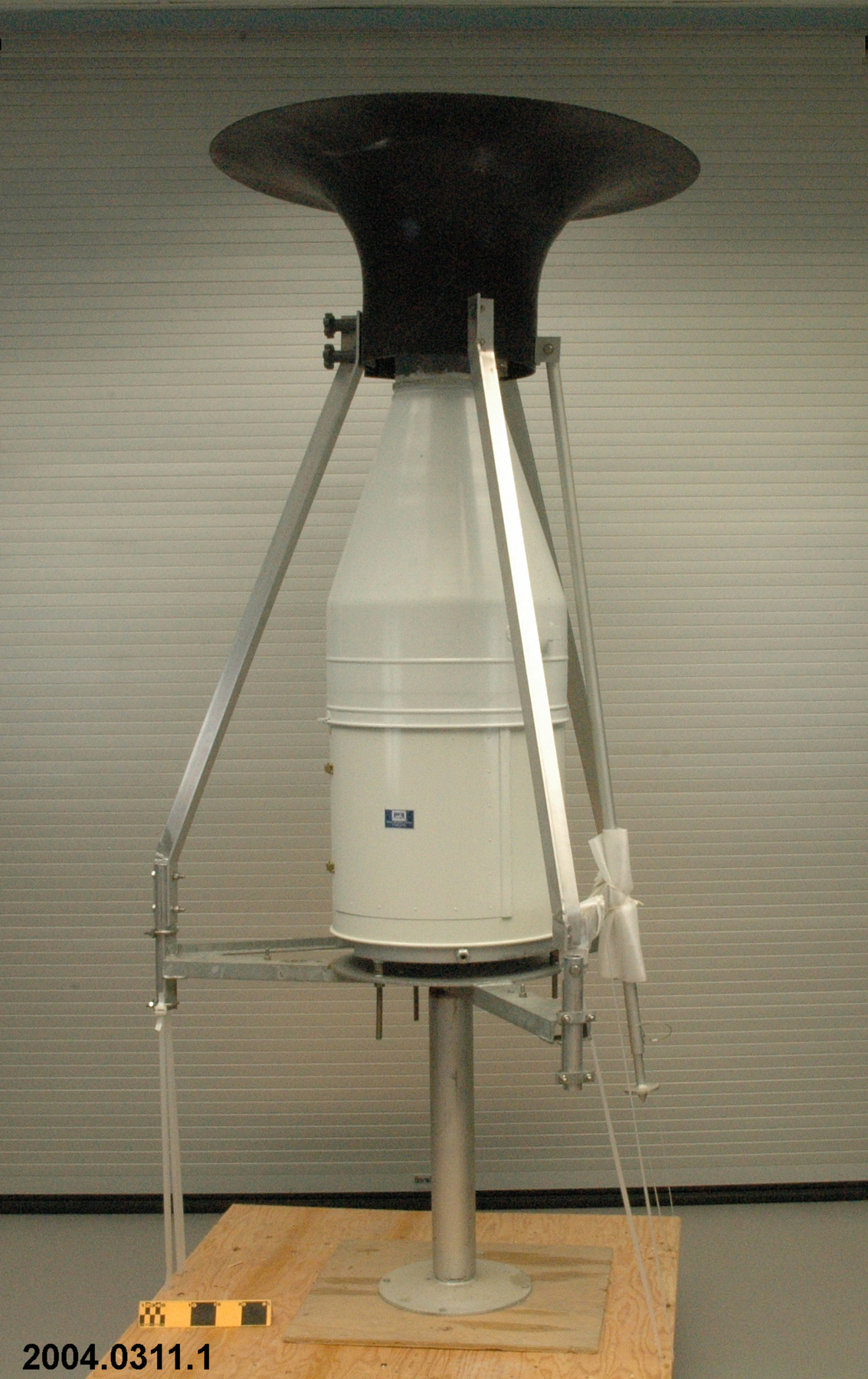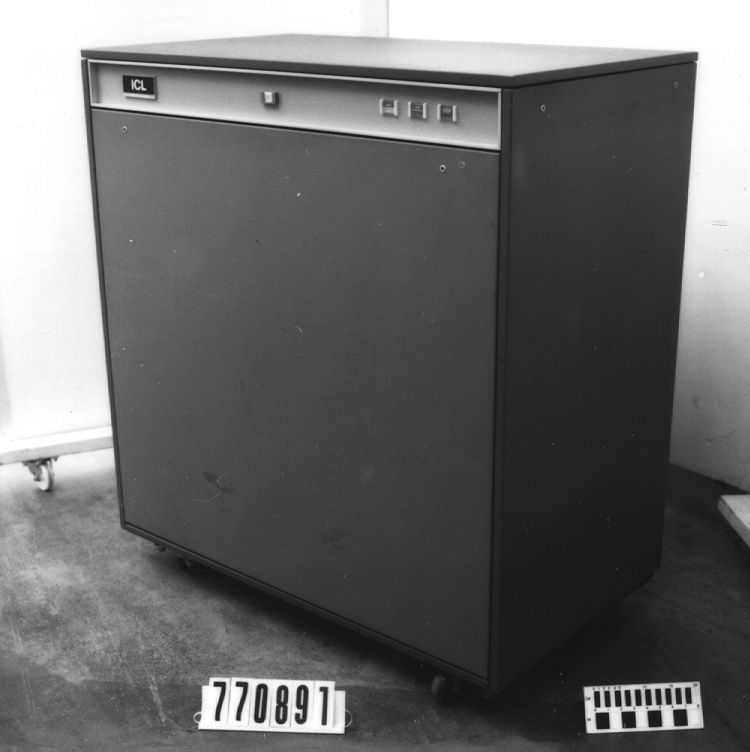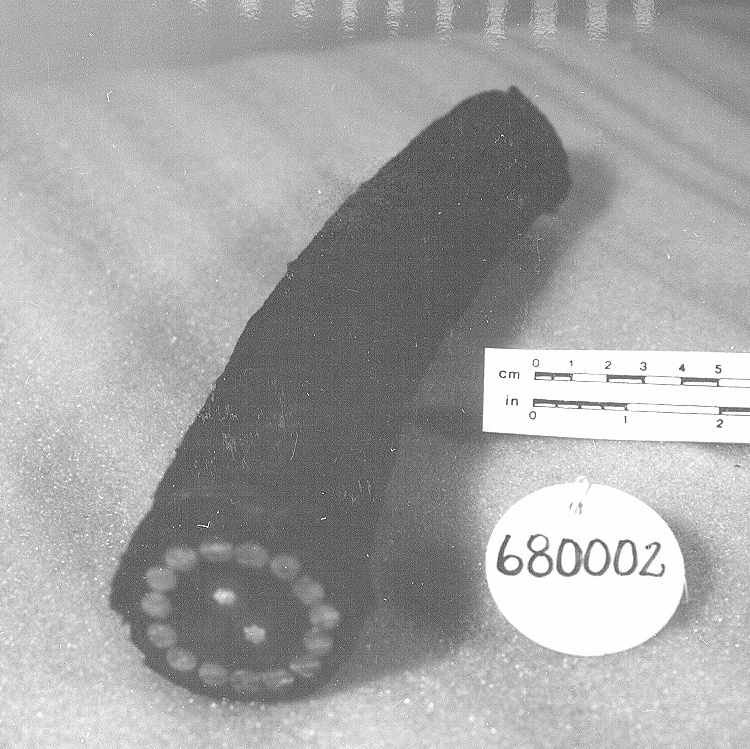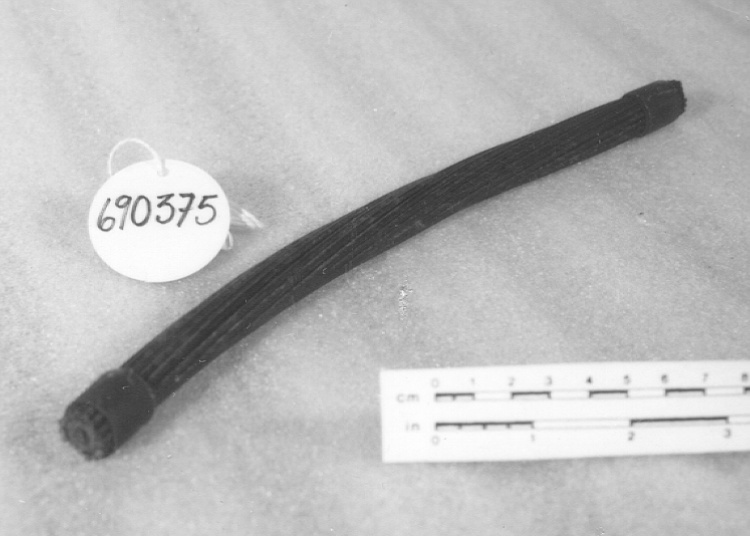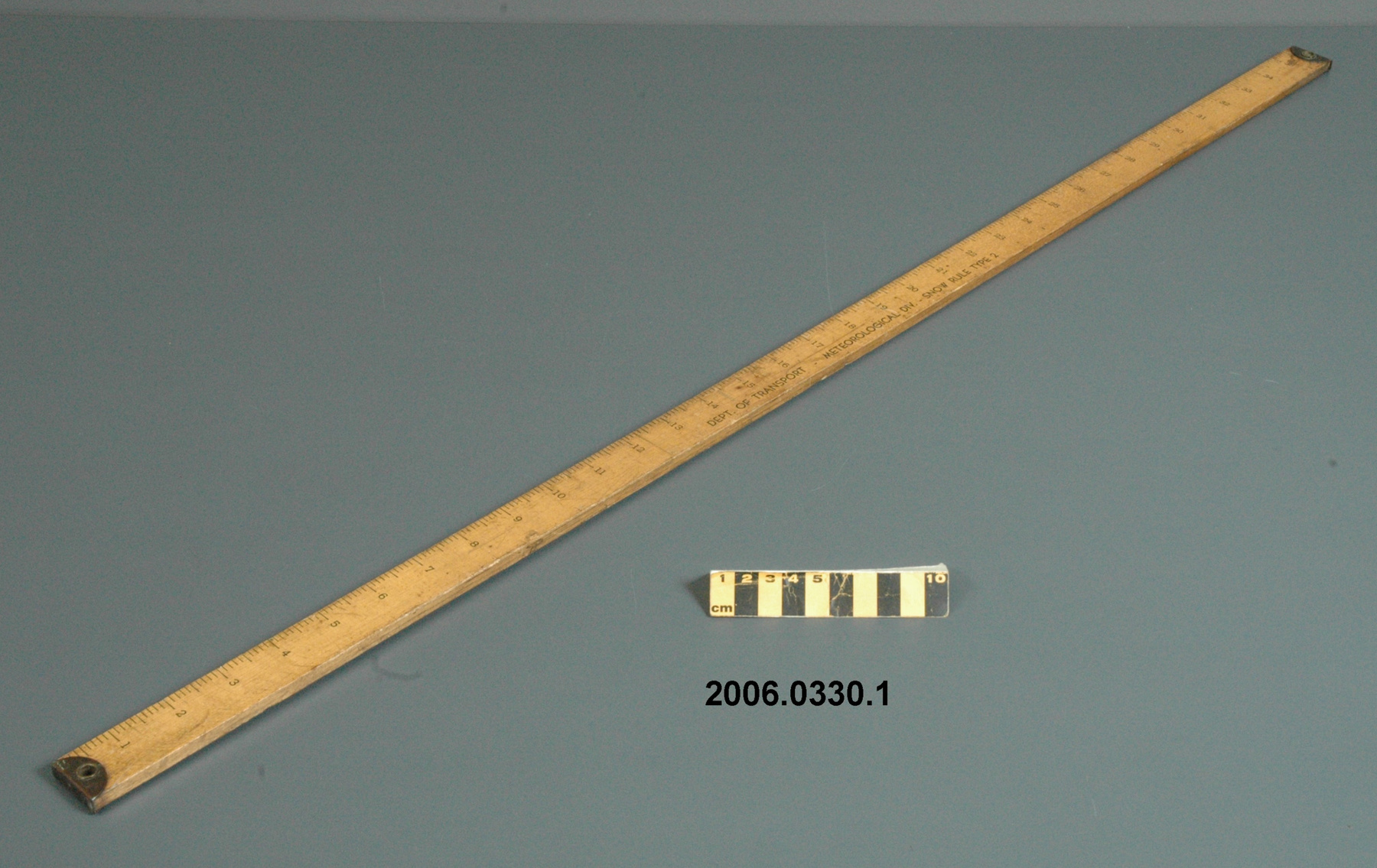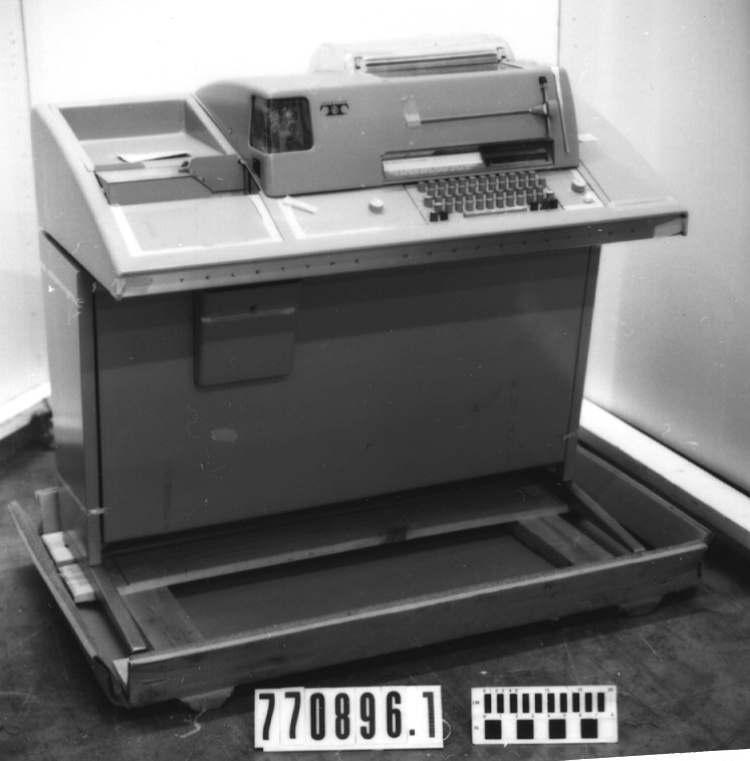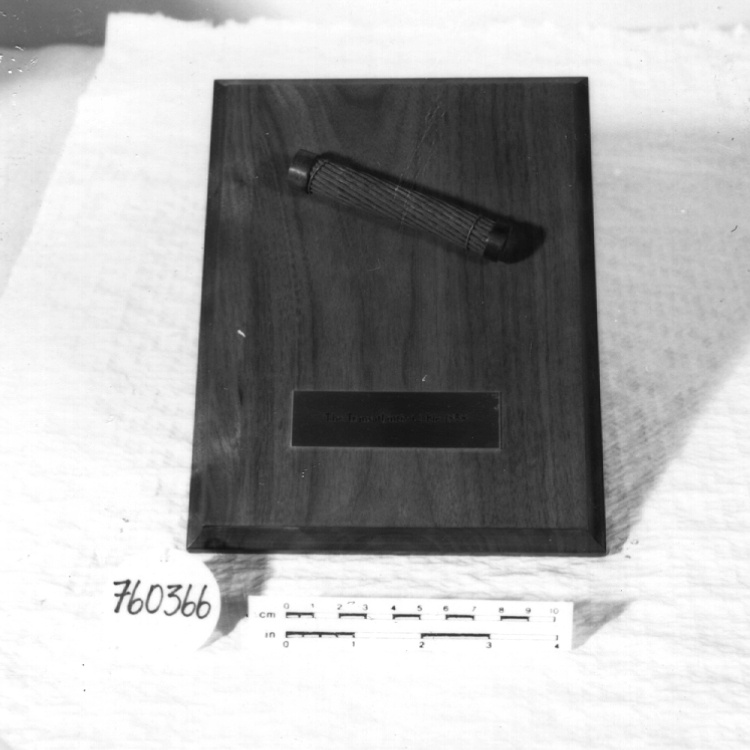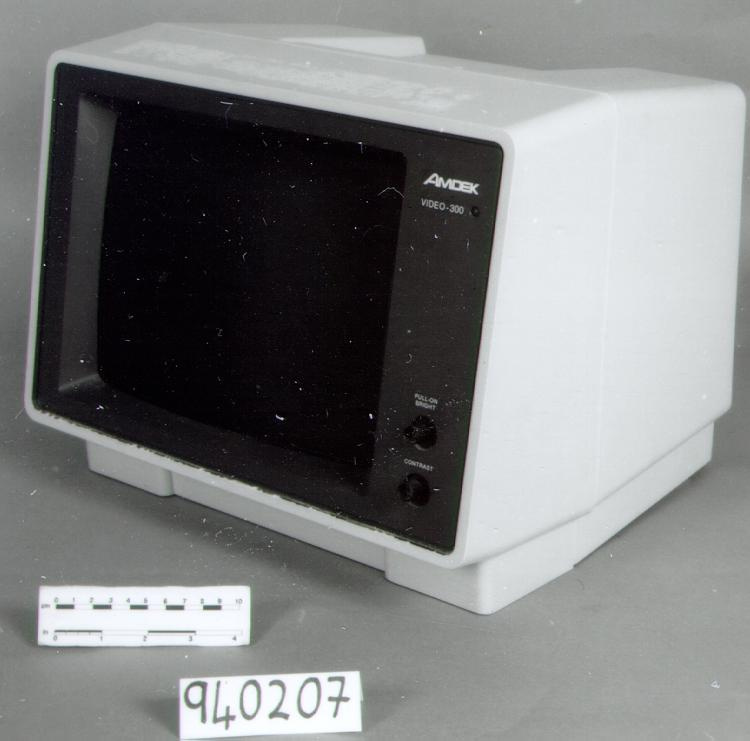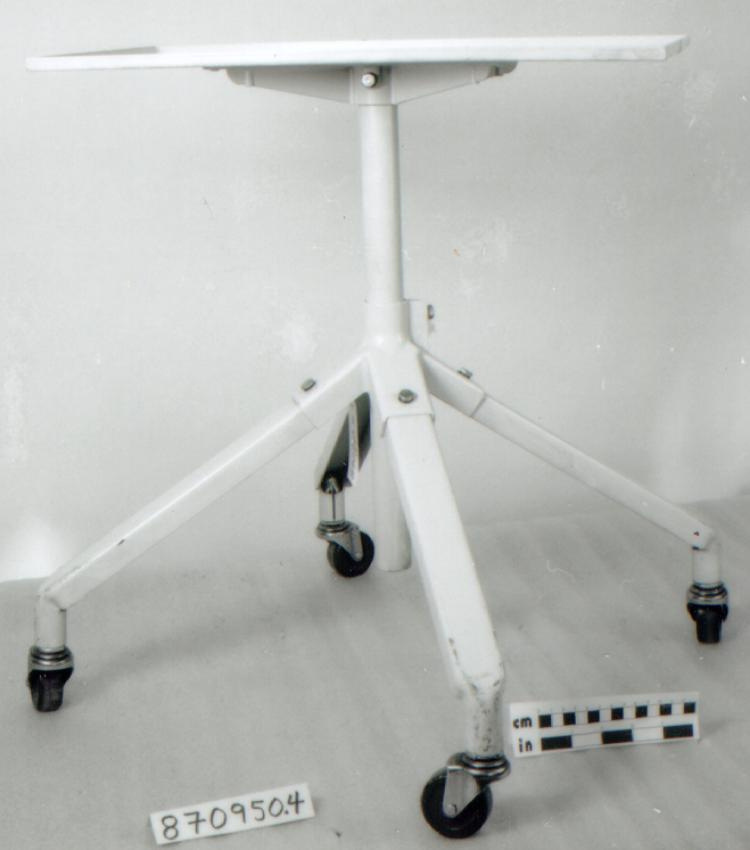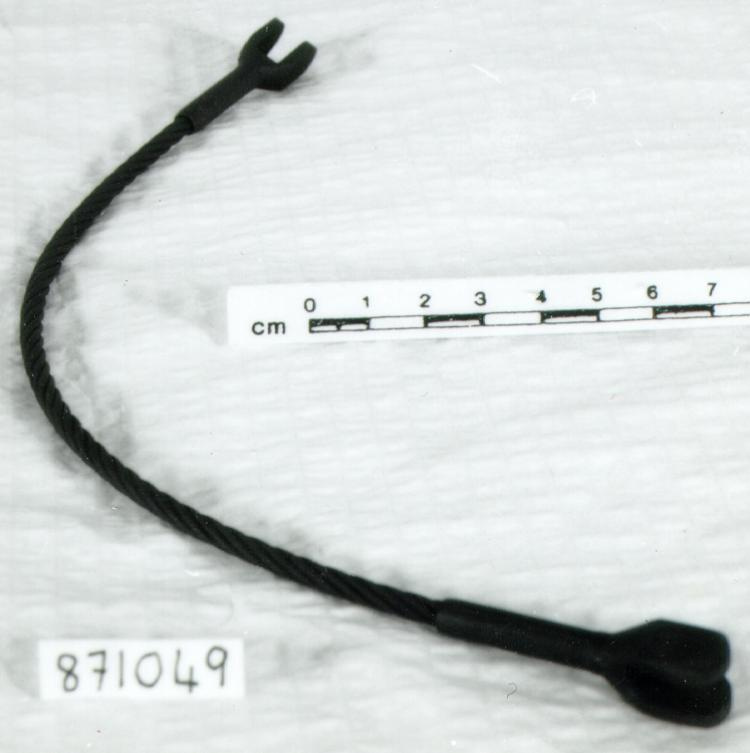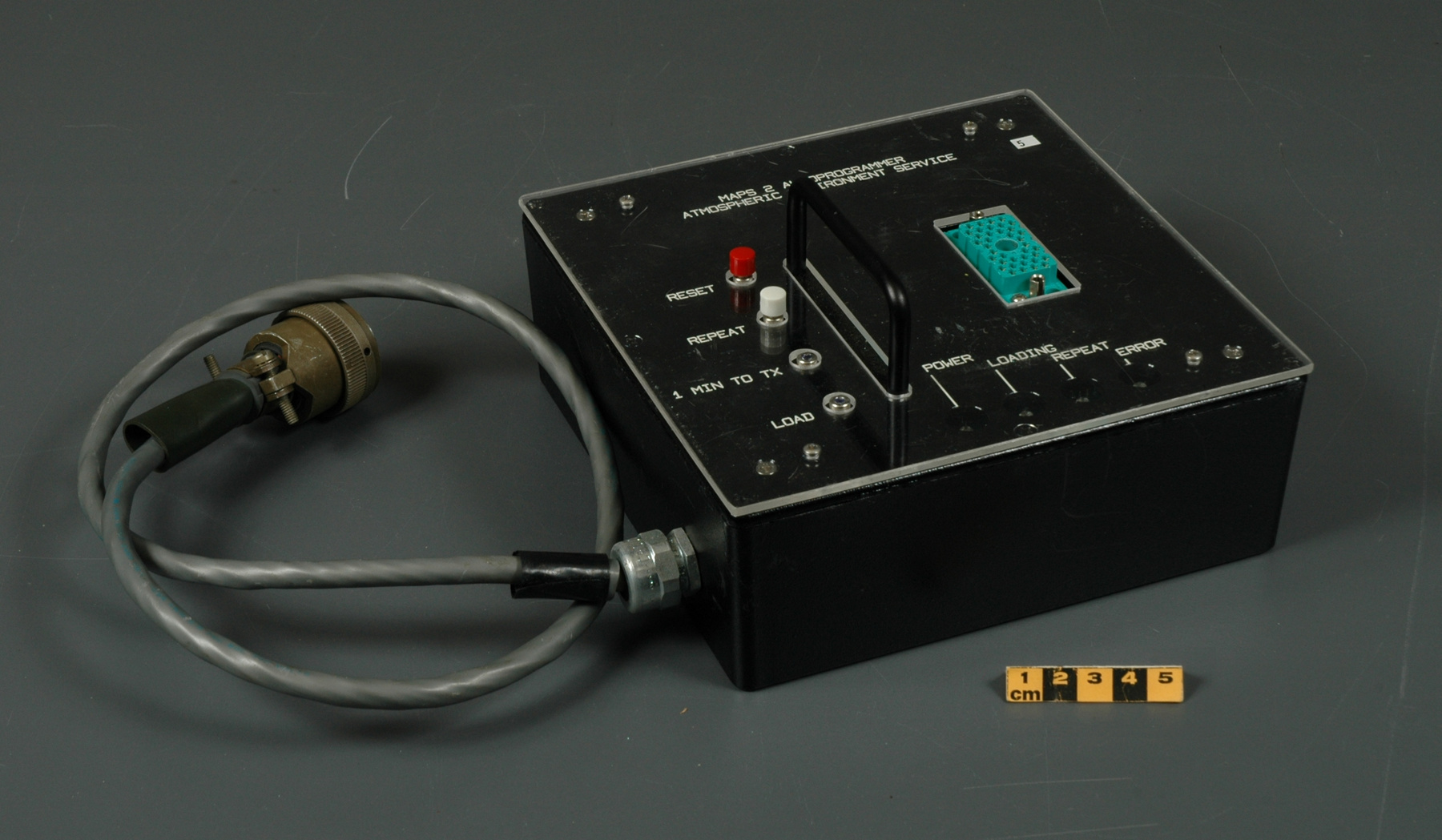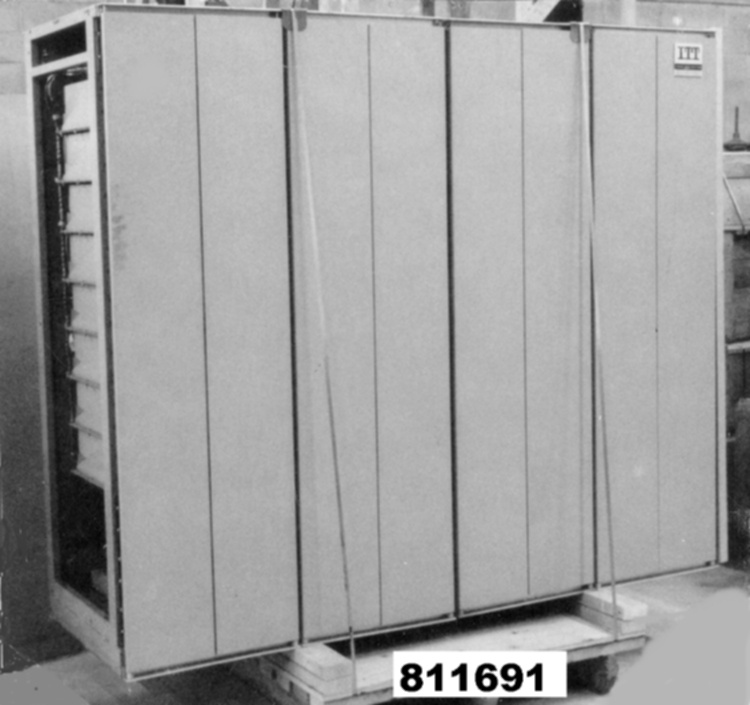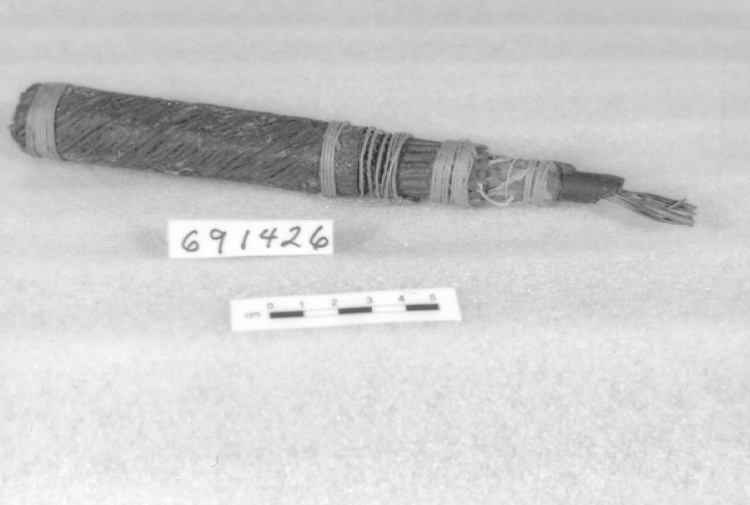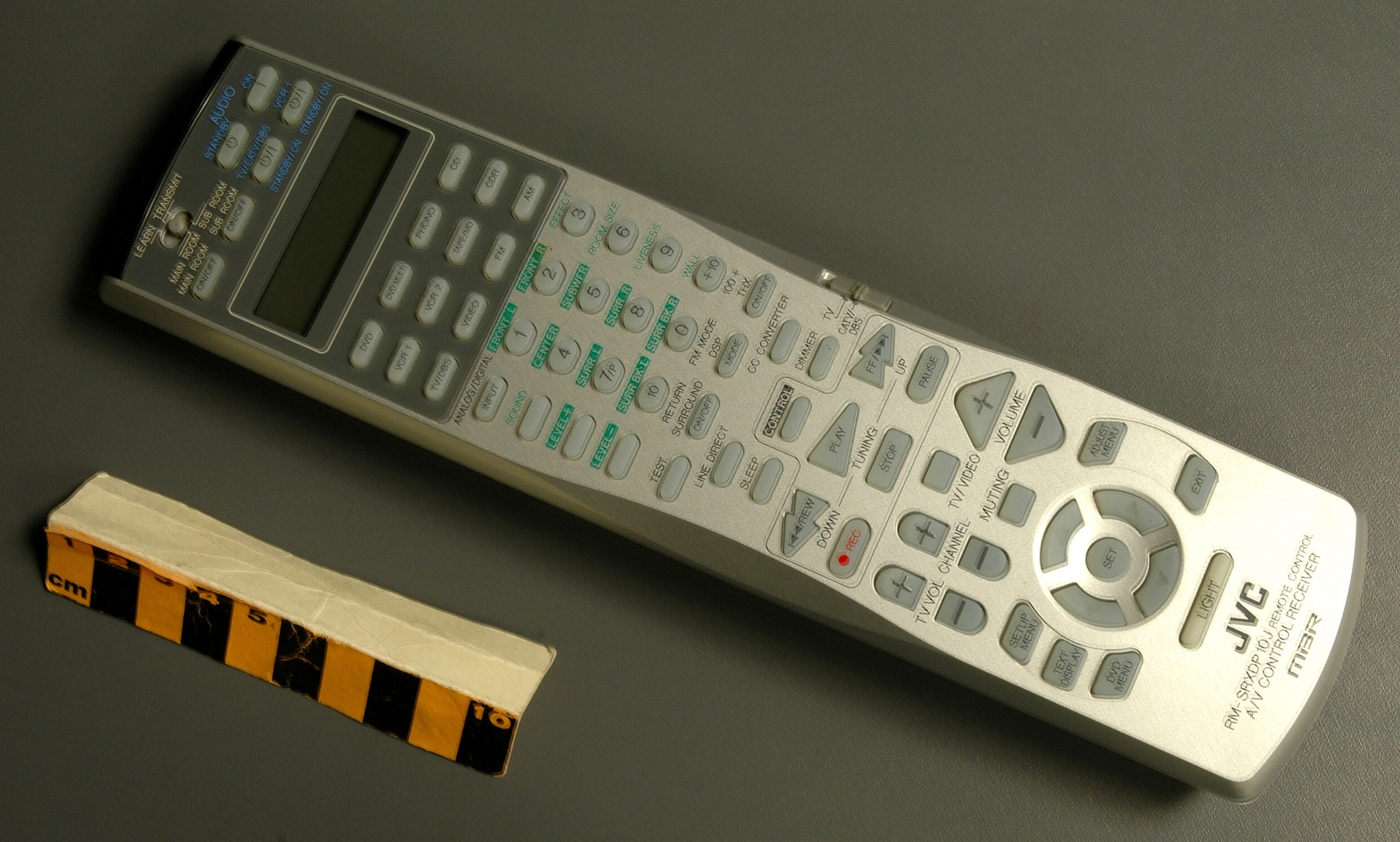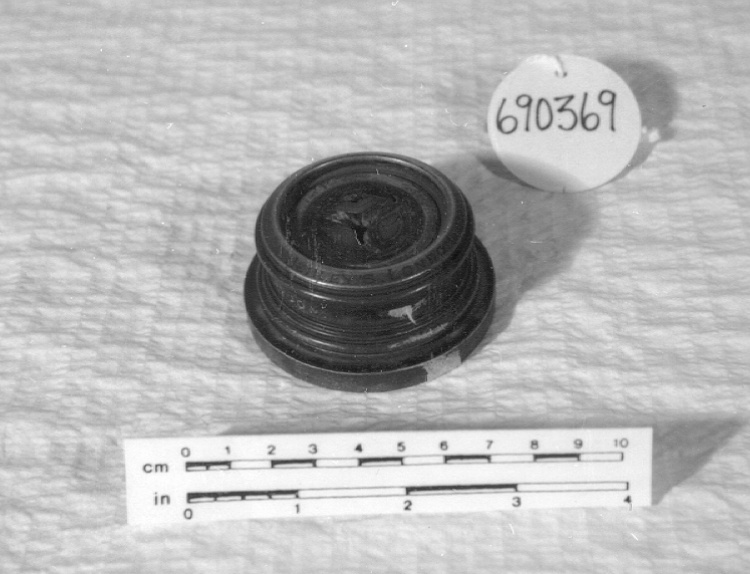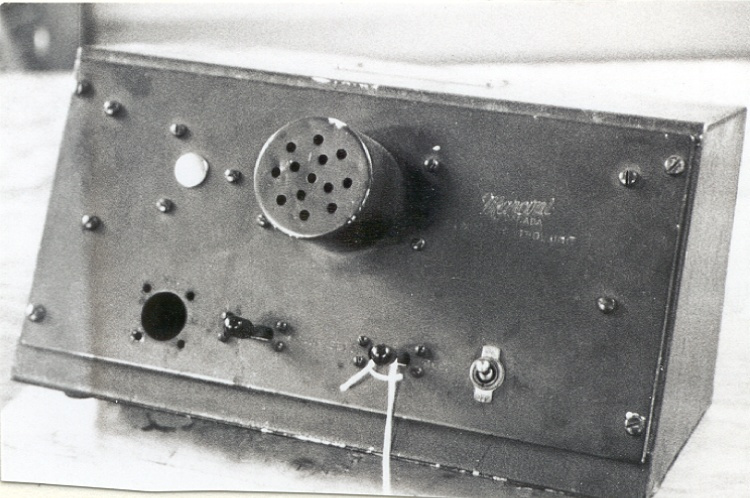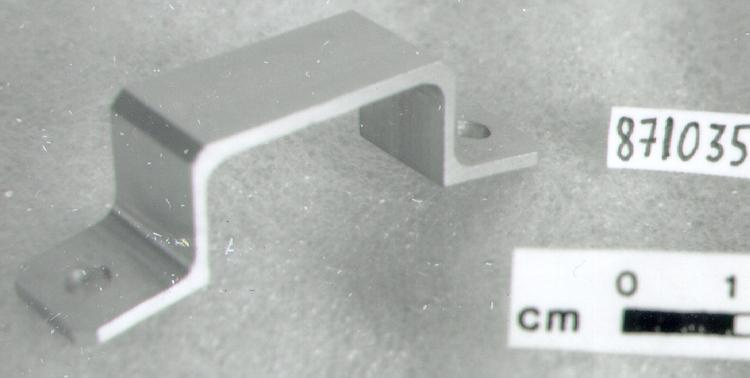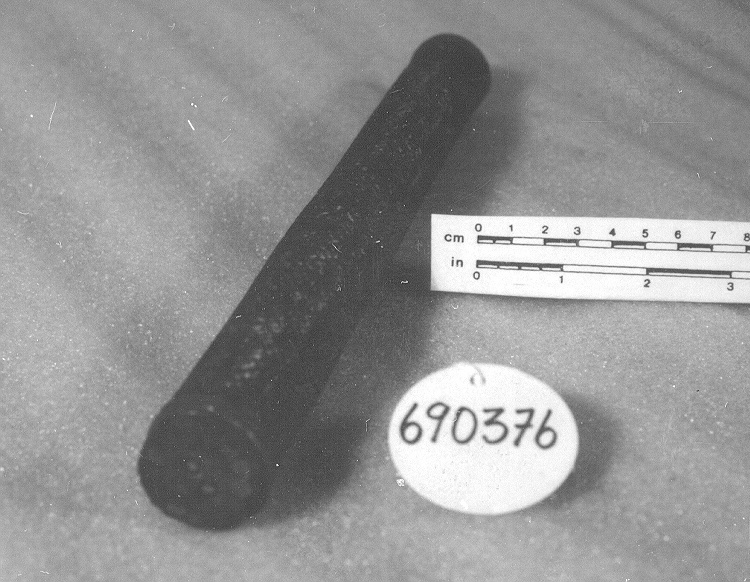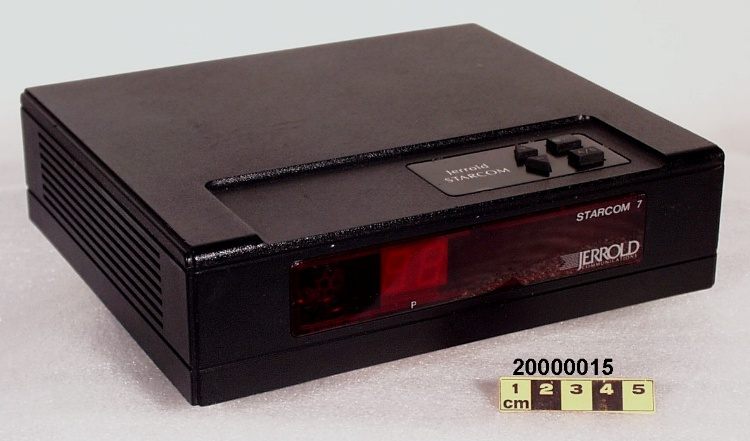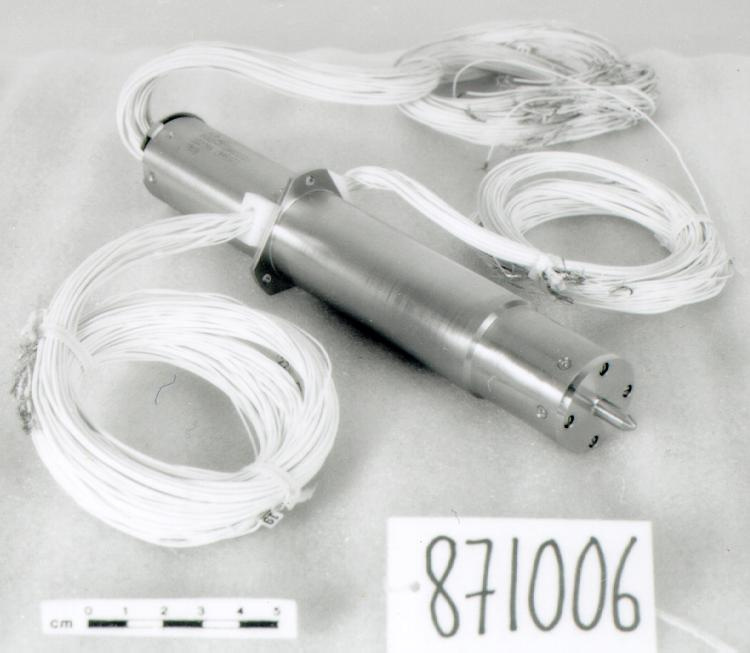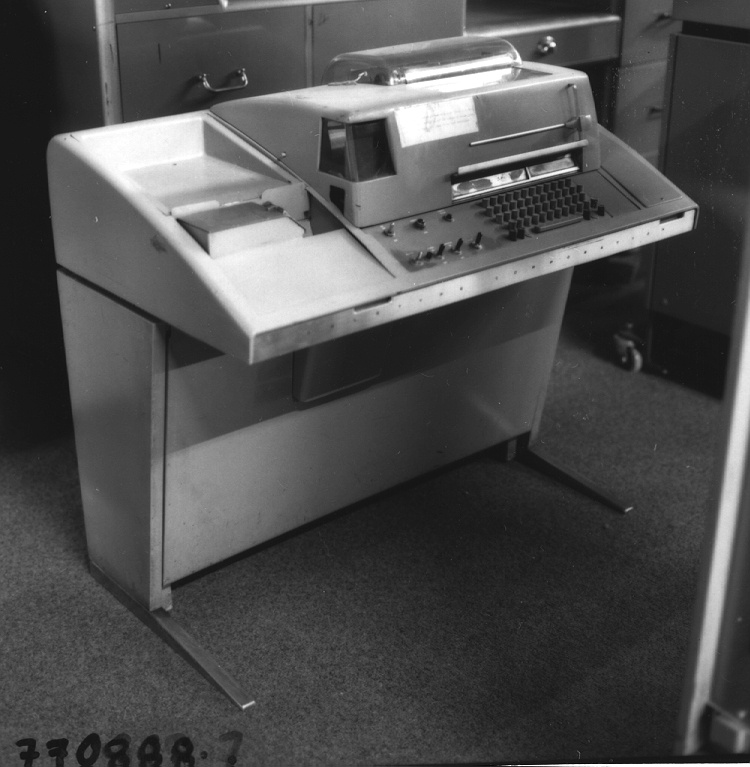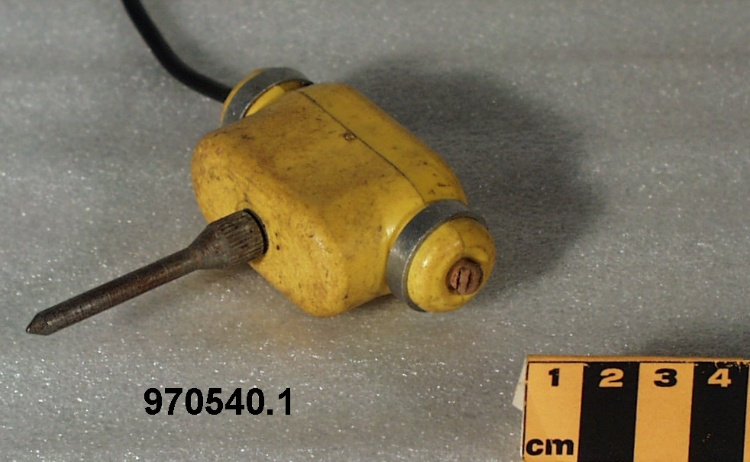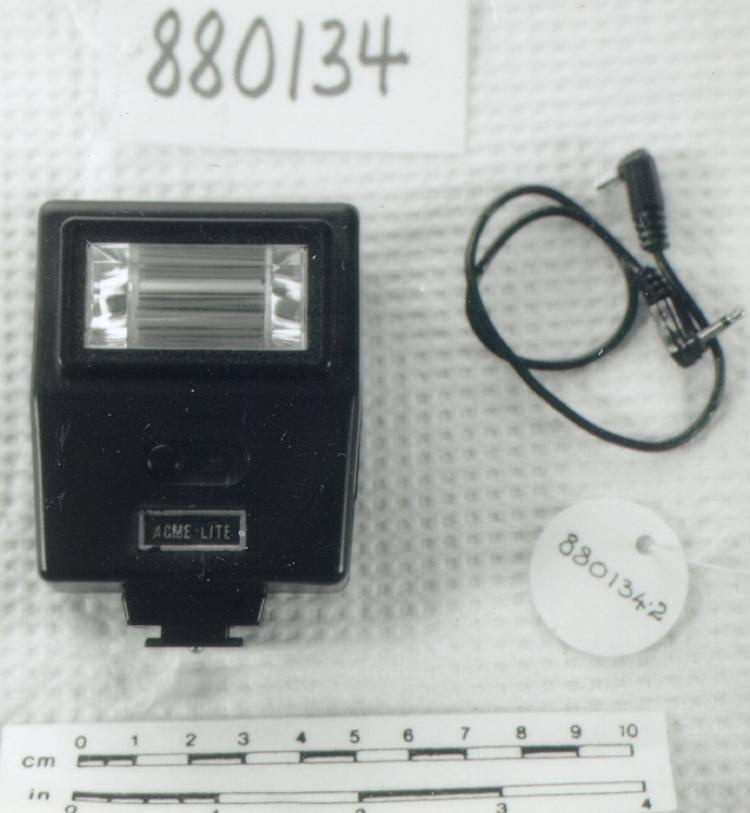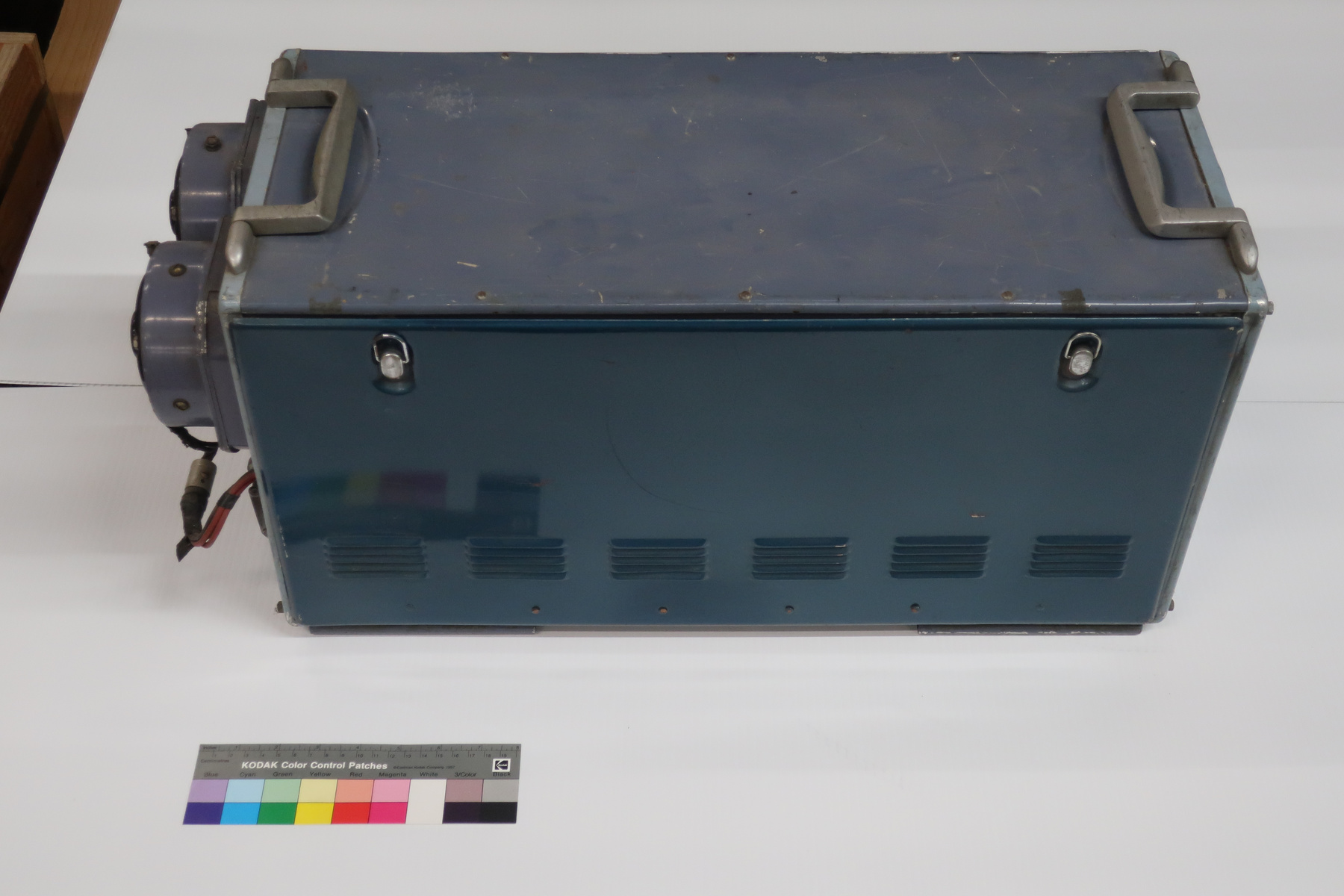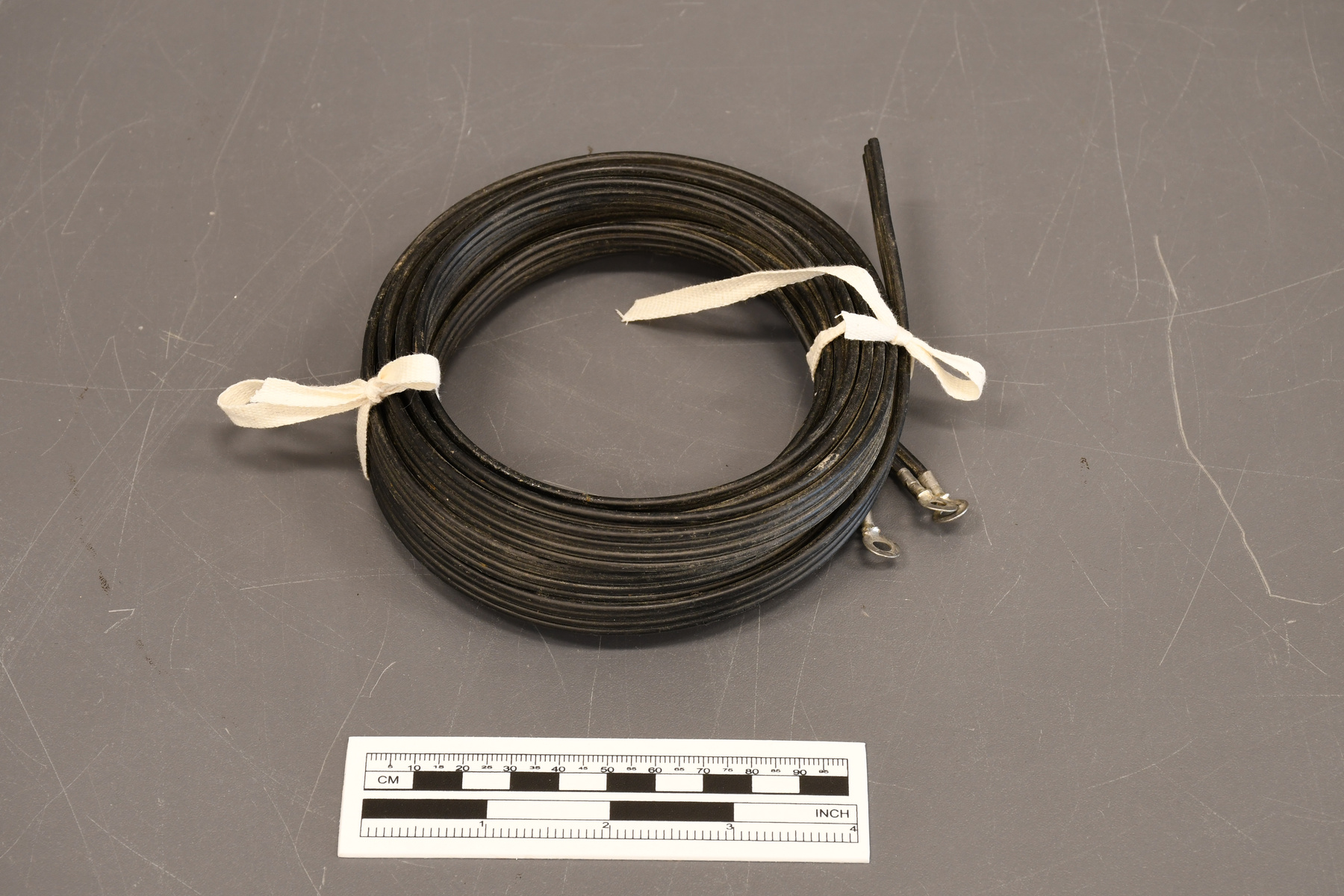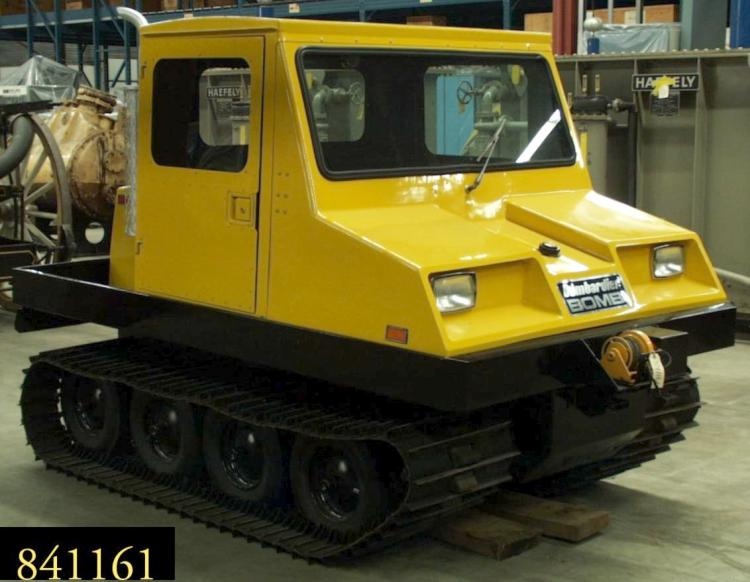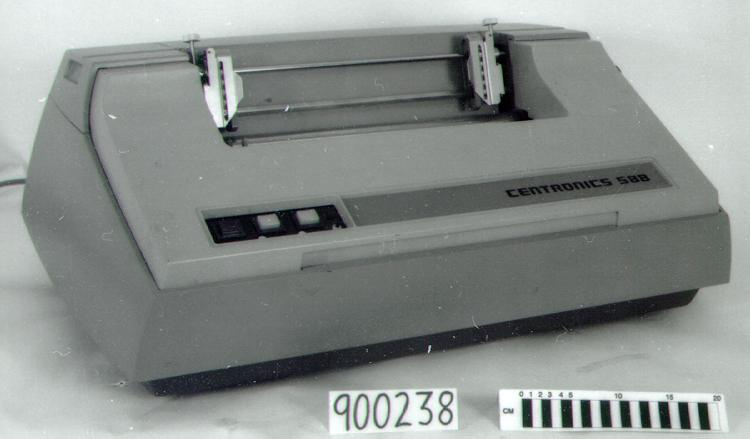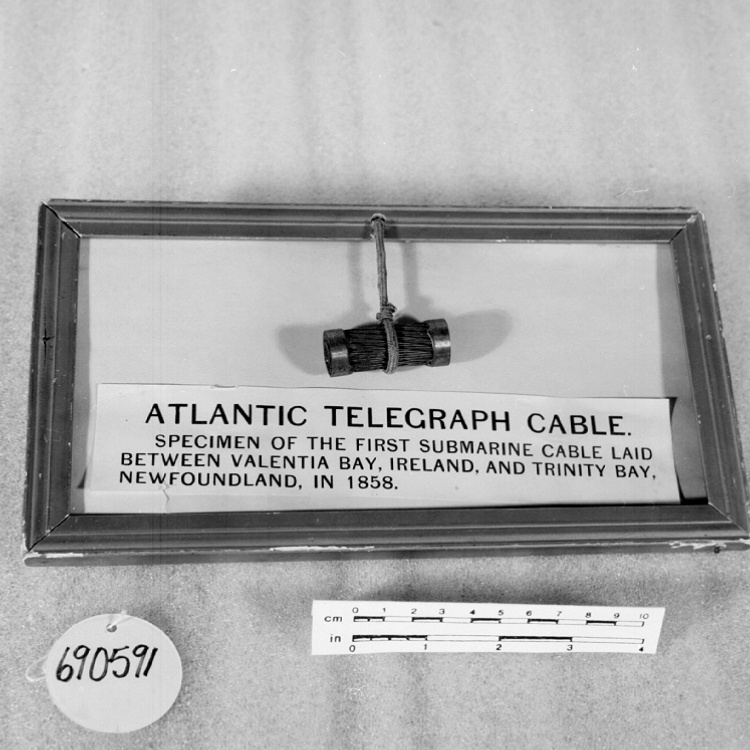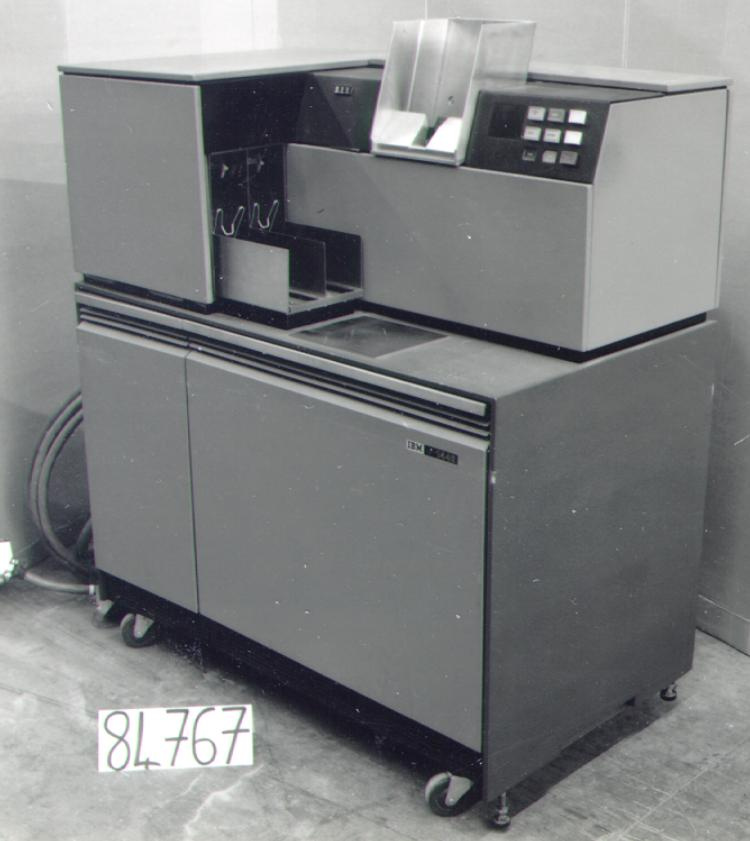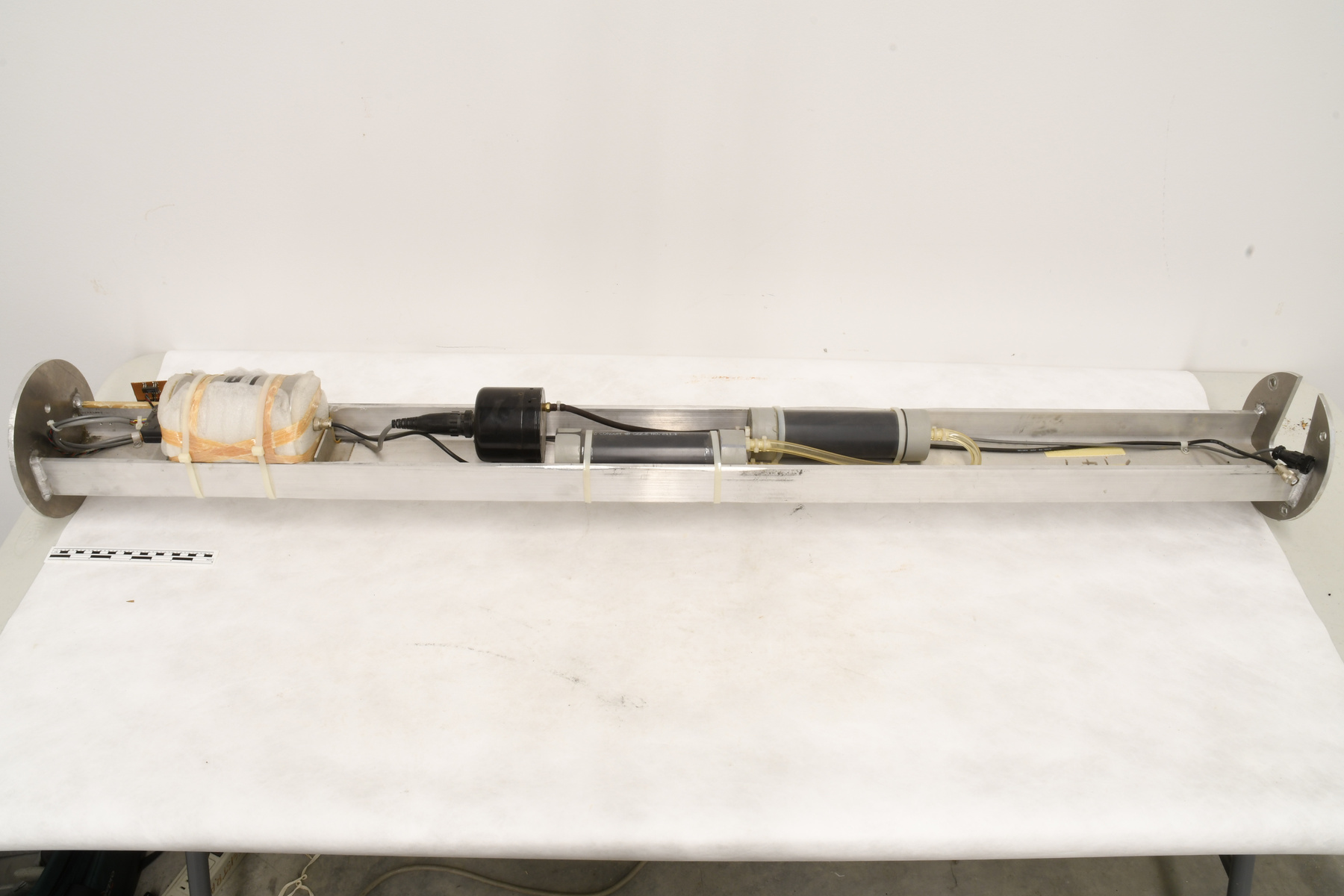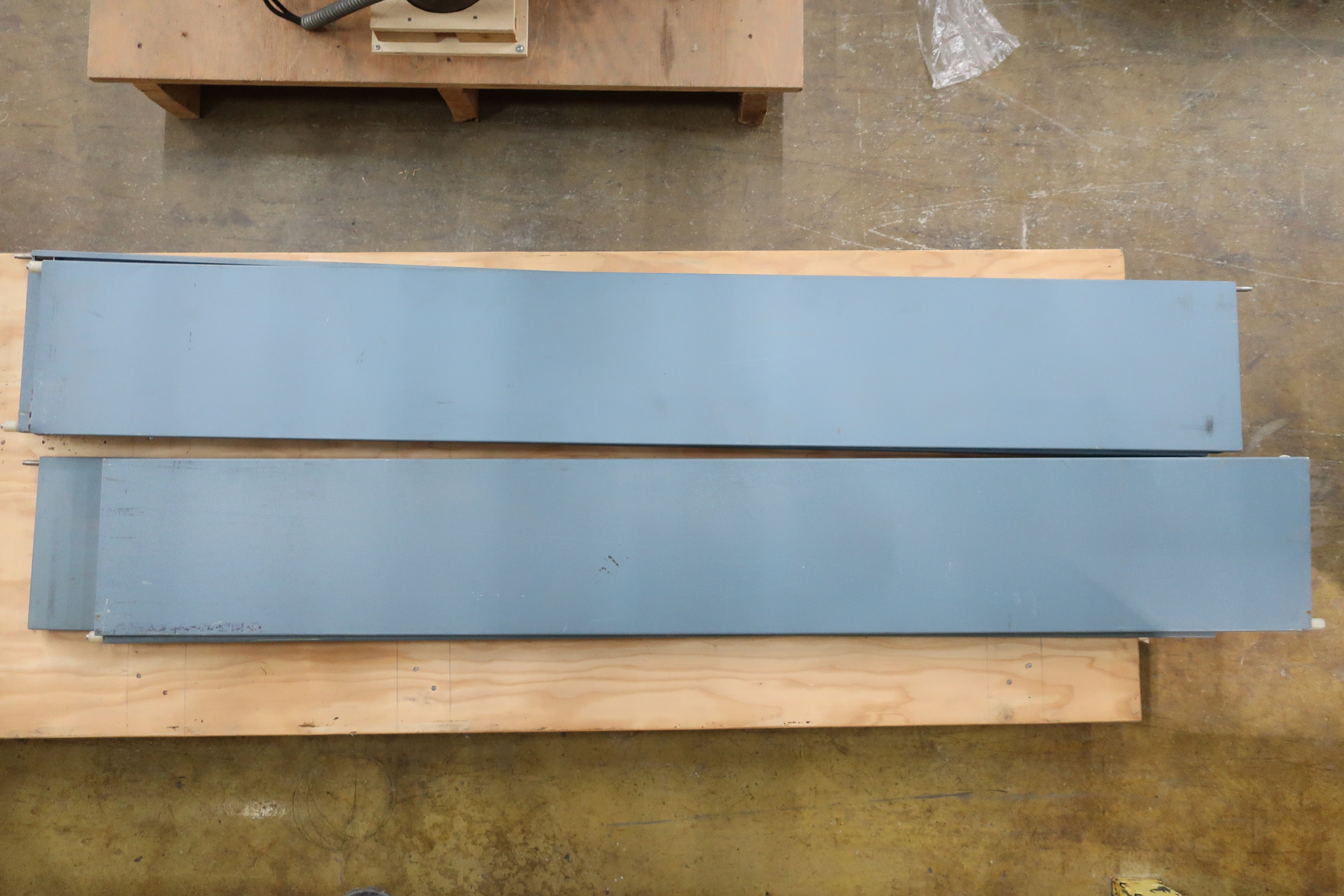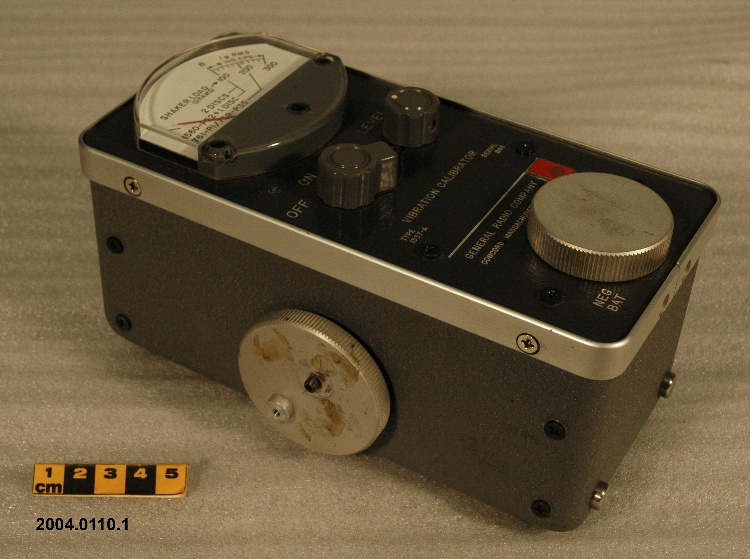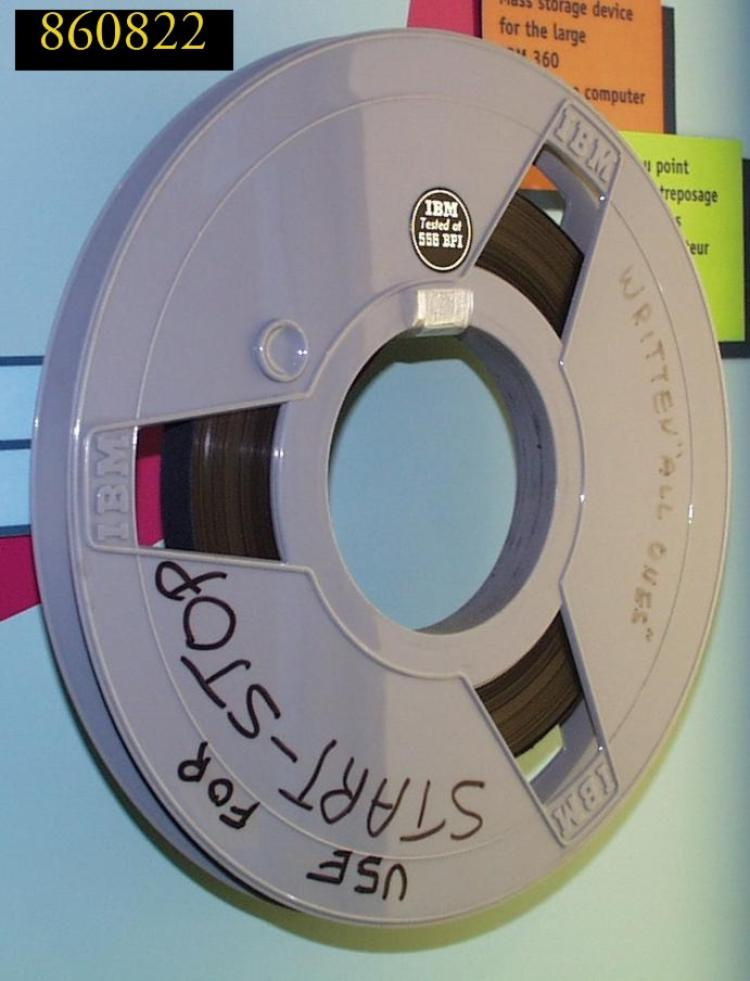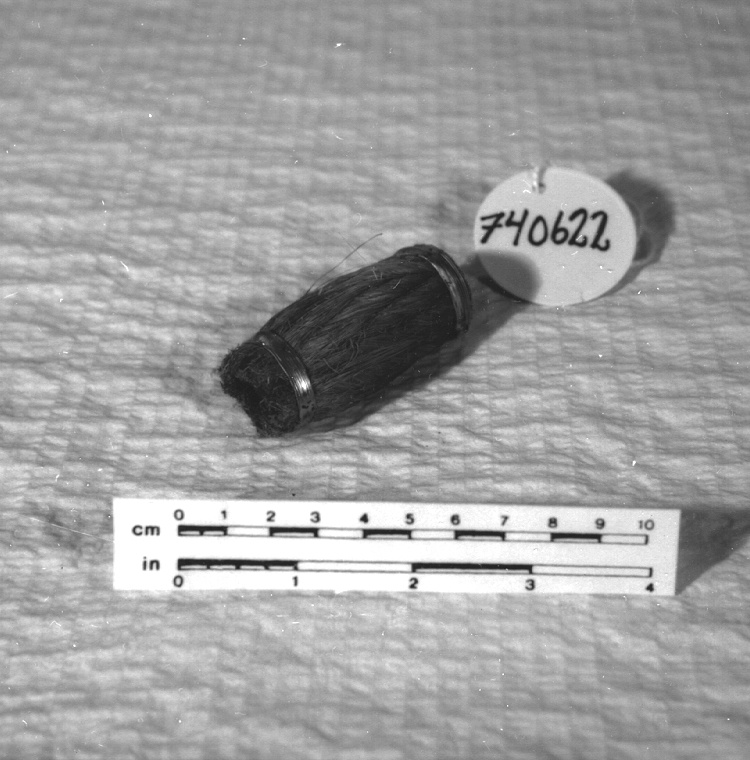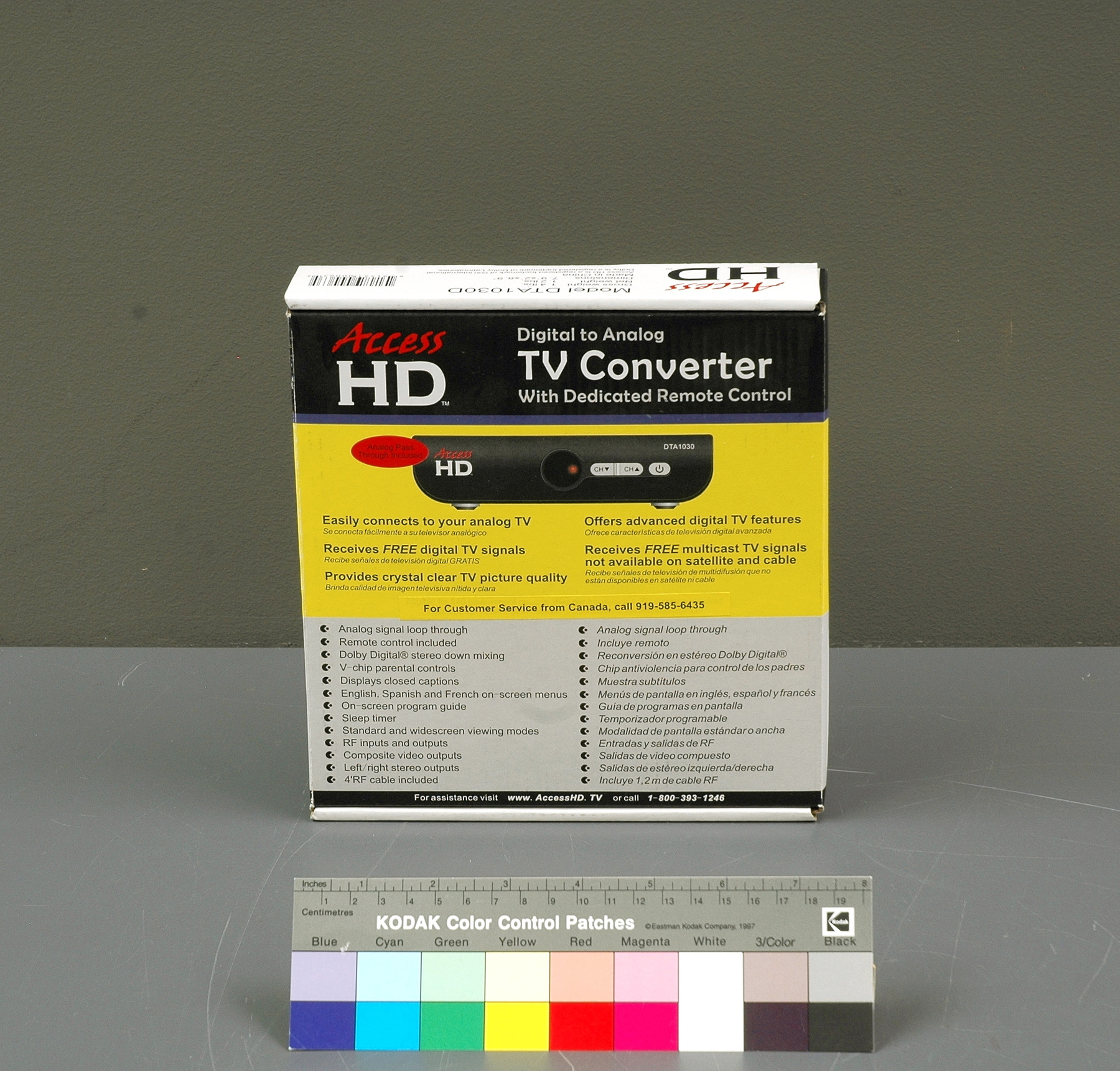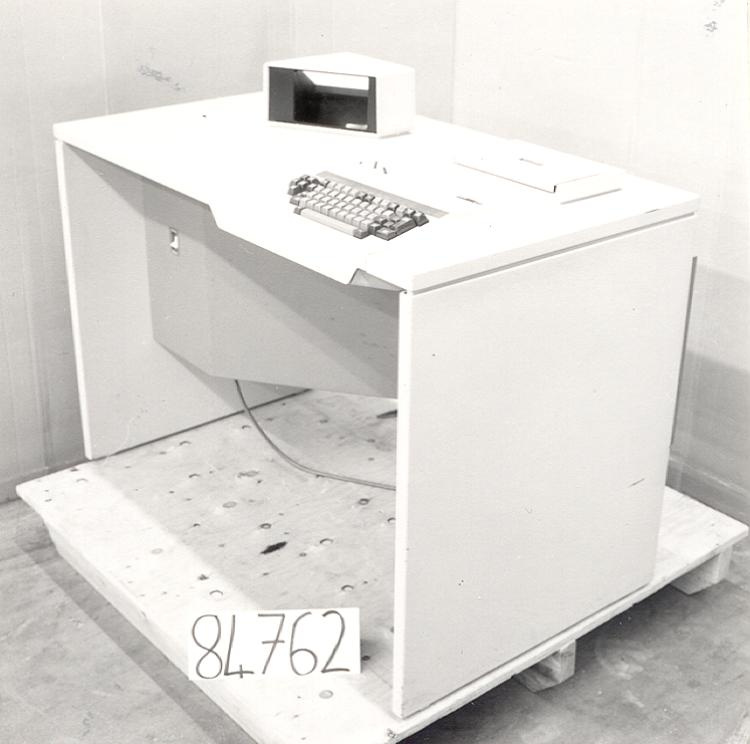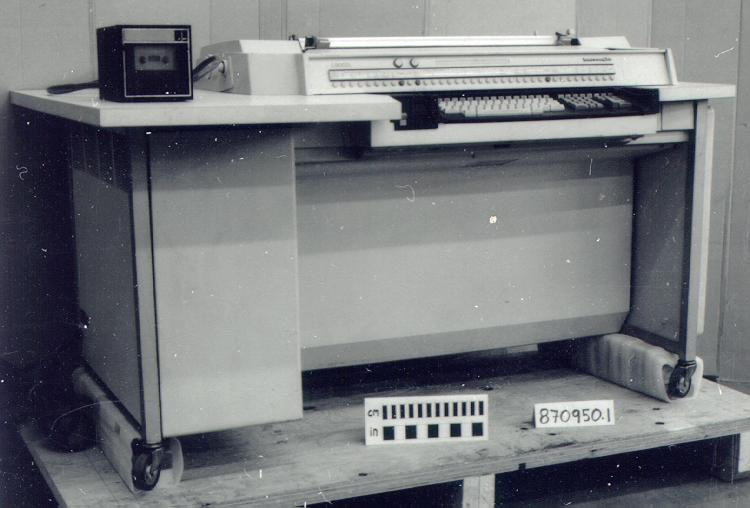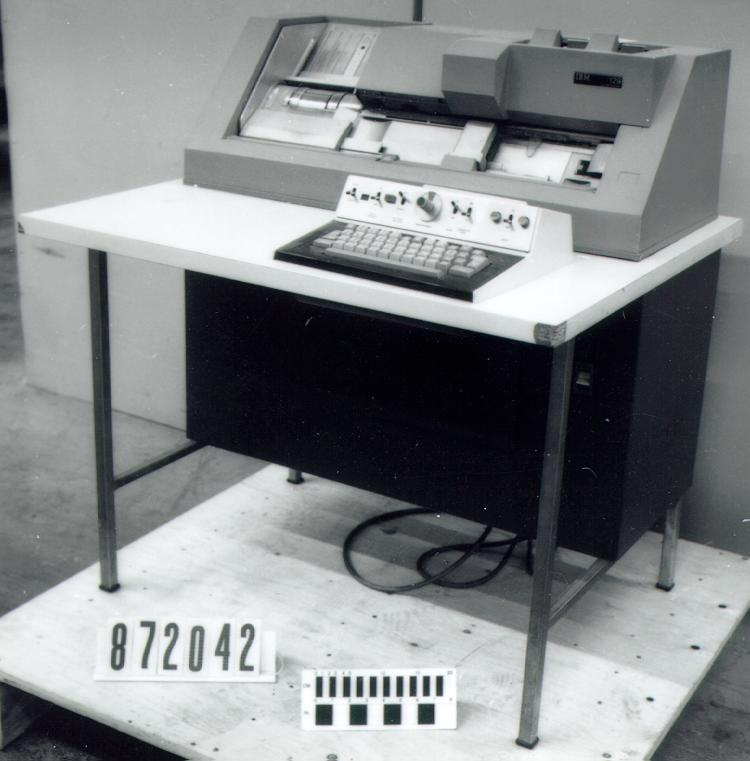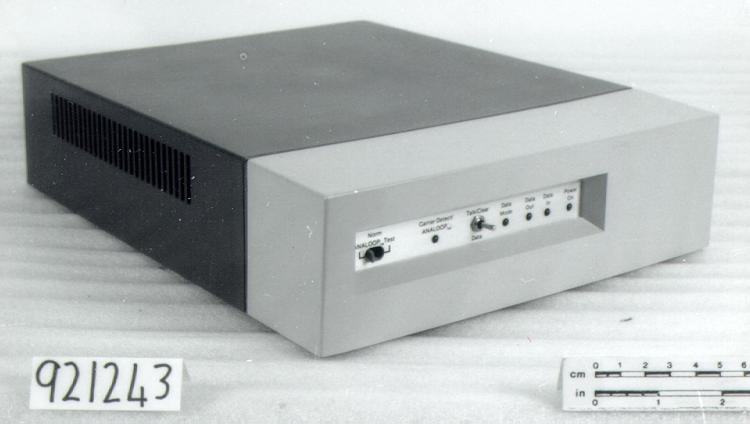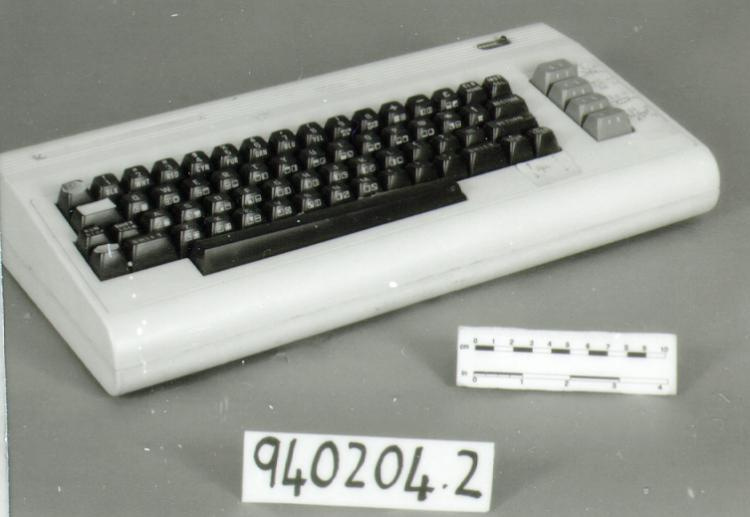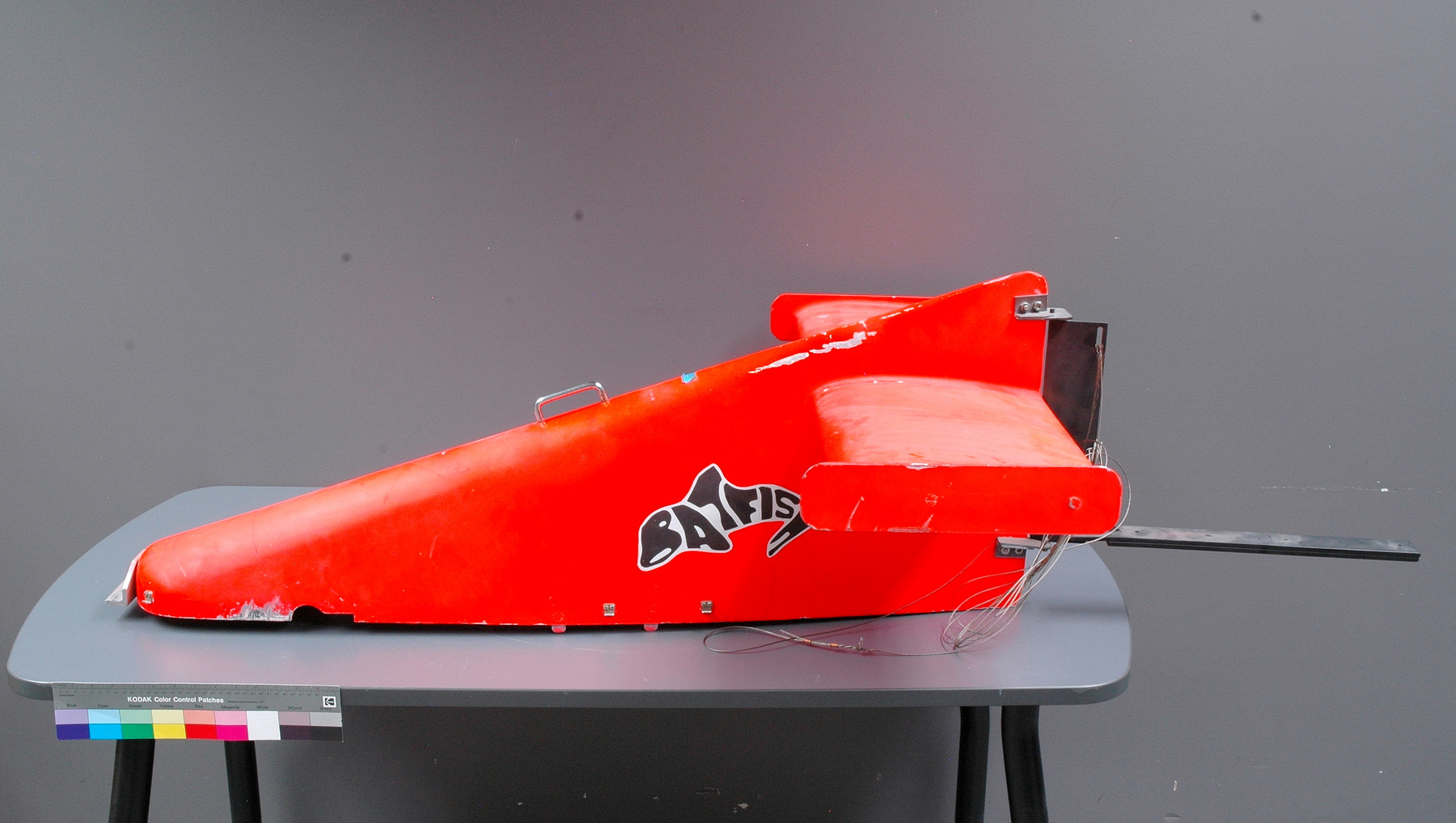Hull part, towed body
Use this image
Can I reuse this image without permission? Yes
Object images on the Ingenium Collection’s portal have the following Creative Commons license:
Copyright Ingenium / CC BY-NC-ND (Attribution-NonCommercial 4.0 International (CC BY-NC 4.0)
ATTRIBUTE THIS IMAGE
Ingenium,
1966.1057.002
Permalink:
Ingenium is releasing this image under the Creative Commons licensing framework, and encourages downloading and reuse for non-commercial purposes. Please acknowledge Ingenium and cite the artifact number.
DOWNLOAD IMAGEPURCHASE THIS IMAGE
This image is free for non-commercial use.
For commercial use, please consult our Reproduction Fees and contact us to purchase the image.
- OBJECT TYPE
- N/A
- DATE
- 1975
- ARTIFACT NUMBER
- 1966.1057.002
- MANUFACTURER
- Guildline Instruments Ltd.
- MODEL
- Batfish
- LOCATION
- Smiths Falls, Ontario, Canada
More Information
General Information
- Serial #
- N/A
- Part Number
- 2
- Total Parts
- 3
- AKA
- N/A
- Patents
- N/A
- General Description
- Synthetic hull part with metal parts.
Dimensions
Note: These reflect the general size for storage and are not necessarily representative of the object's true dimensions.
- Length
- 176.0 cm
- Width
- 87.5 cm
- Height
- 46.0 cm
- Thickness
- N/A
- Weight
- N/A
- Diameter
- N/A
- Volume
- N/A
Lexicon
- Group
- Physics
- Category
- Hydrography/oceanography
- Sub-Category
- N/A
Manufacturer
- AKA
- Guildline
- Country
- Canada
- State/Province
- Ontario
- City
- Smiths Falls
Context
- Country
- Canada
- State/Province
- Nova Scotia
- Period
- ca. 1970s
- Canada
-
The Batfish was an innovation in oceanographic sample and data gathering. This hydrodynamic towed vehicle became a key scientific tool in the 1970s as Canada explored the oceans within its expanded 200-mile boundaries. It was towed behind the CSS Hudson, Canada’s main research vessel at the time. - Function
-
This is the upper half of the hull of the Batfish. It was used as a vehicle to mount sensors for gathering oceanographic data about temperature, salinity and plankton concentration. It was towed behind a ship and controlled remotely to vary its depth between 0 and 300 m. (Ref. 1) - Technical
-
The Batfish worked together with the PDP-8 computer onboard the CSS Hudson to study data in real time. It and controlled remotely to vary its depth between 0 and 300 m. There were operational challenges related to the towing line. On one occasion, a miscalculation while trying to give Batfish more cable to swim further and deeper led to tangling of the cable. When this was overcome, scientists were able to send the Batfish deeper than before (down to 500 m). - Area Notes
-
Unknown
Details
- Markings
- On the exterior of the hull, on the proper left: "Batfish"/ On the proper top of the hull is a sticker: "BEDFORD INSTITUTE/ OF OCEANOGRAPHY/ DARTMOUTH N.S./ 25384"
- Missing
- Appears complete
- Finish
- Predominantly orange exterior hull. The interior of the hull is a dull brown colour and is filled with yellow-white spheres of coated foam for floatation.
- Decoration
- N/A
CITE THIS OBJECT
If you choose to share our information about this collection object, please cite:
Guildline Instruments Ltd., Hull part, towed body, circa 1975, Artifact no. 1966.1057, Ingenium – Canada’s Museums of Science and Innovation, http://collection.ingeniumcanada.org/en/id/1966.1057.002/
FEEDBACK
Submit a question or comment about this artifact.
More Like This
